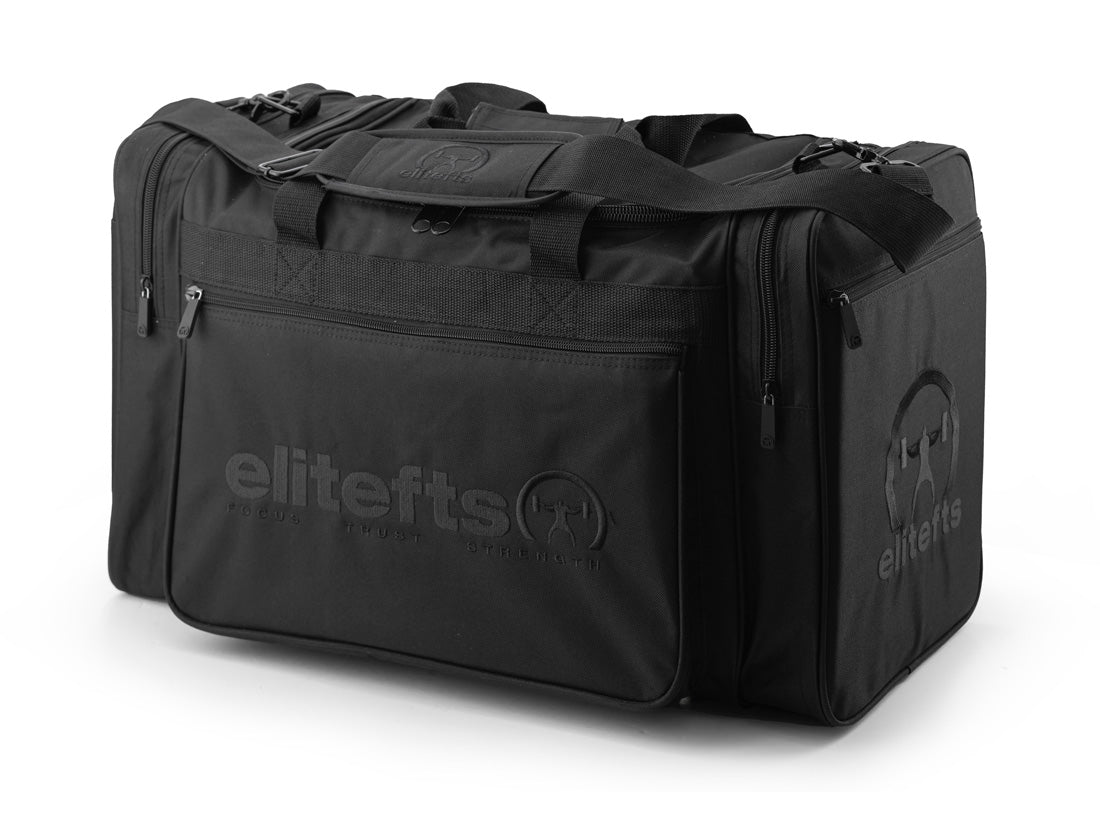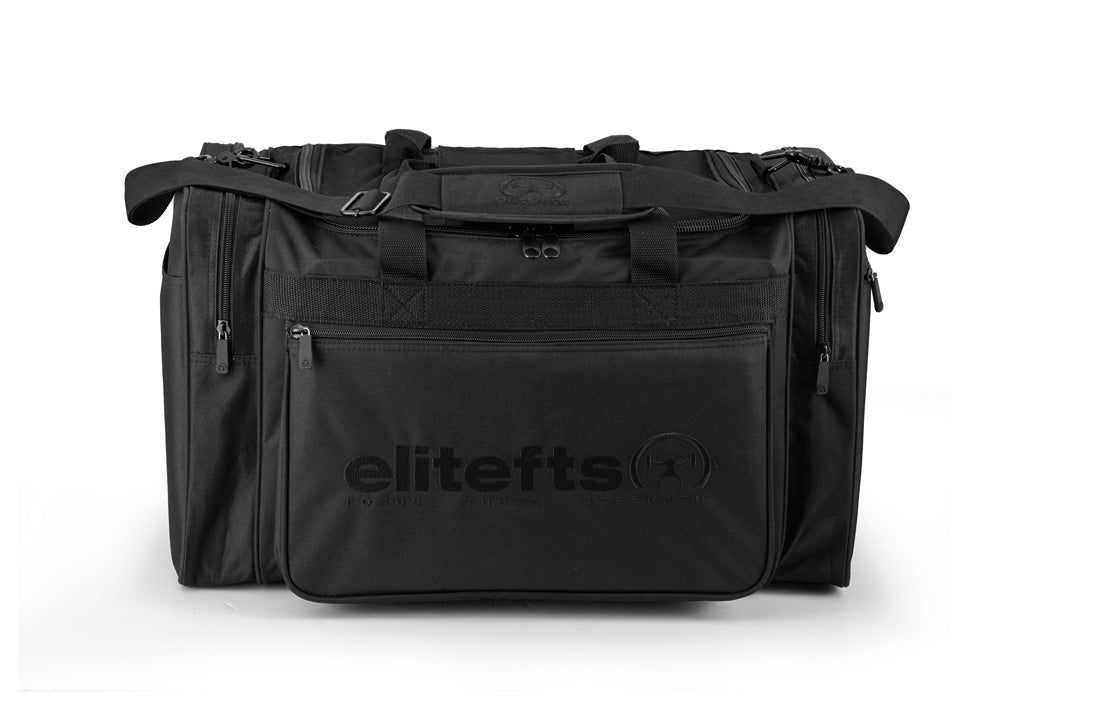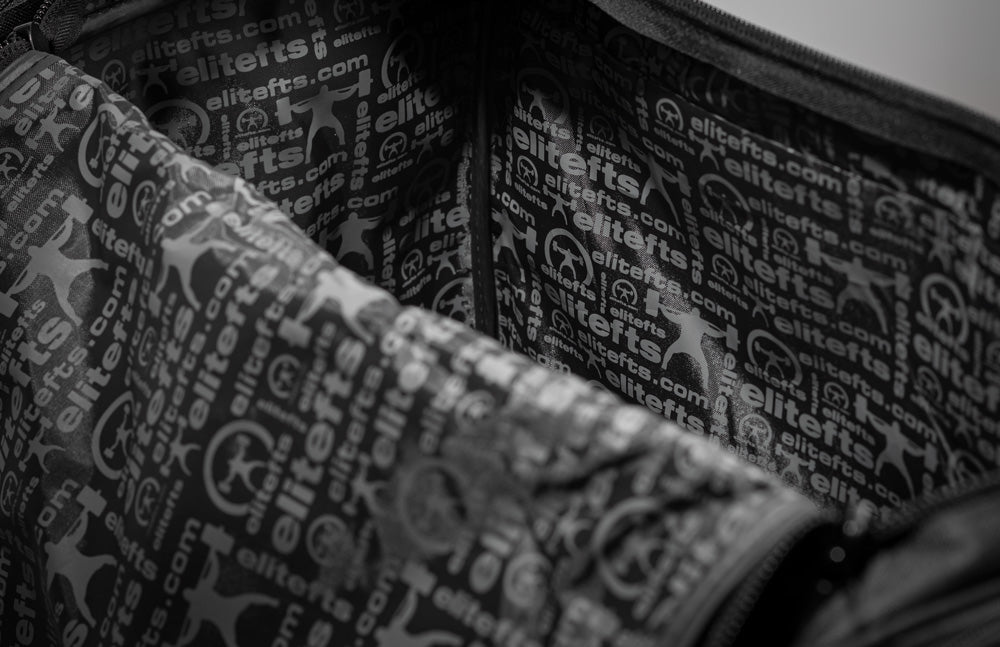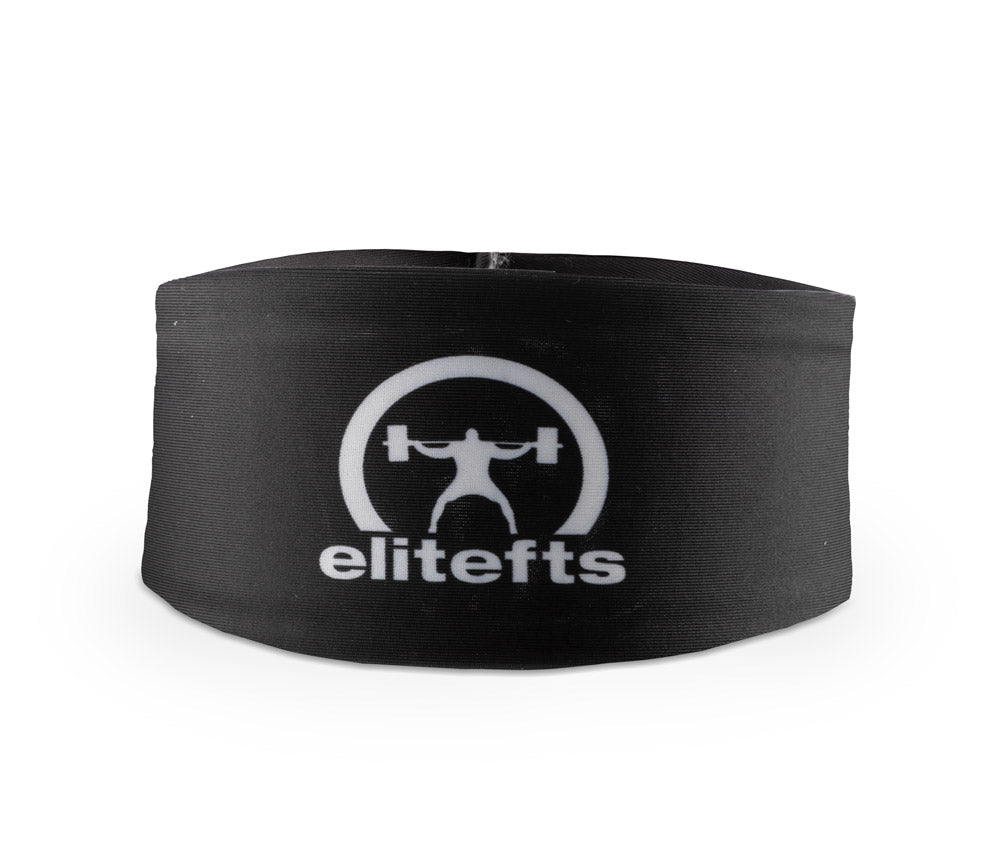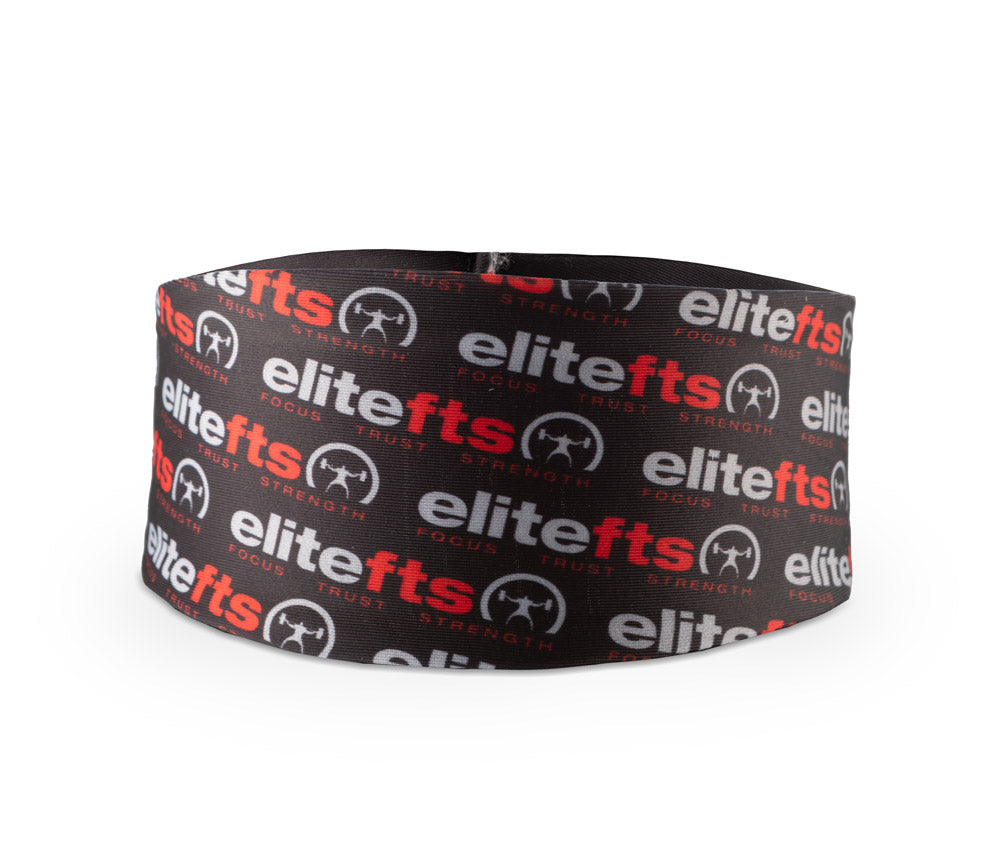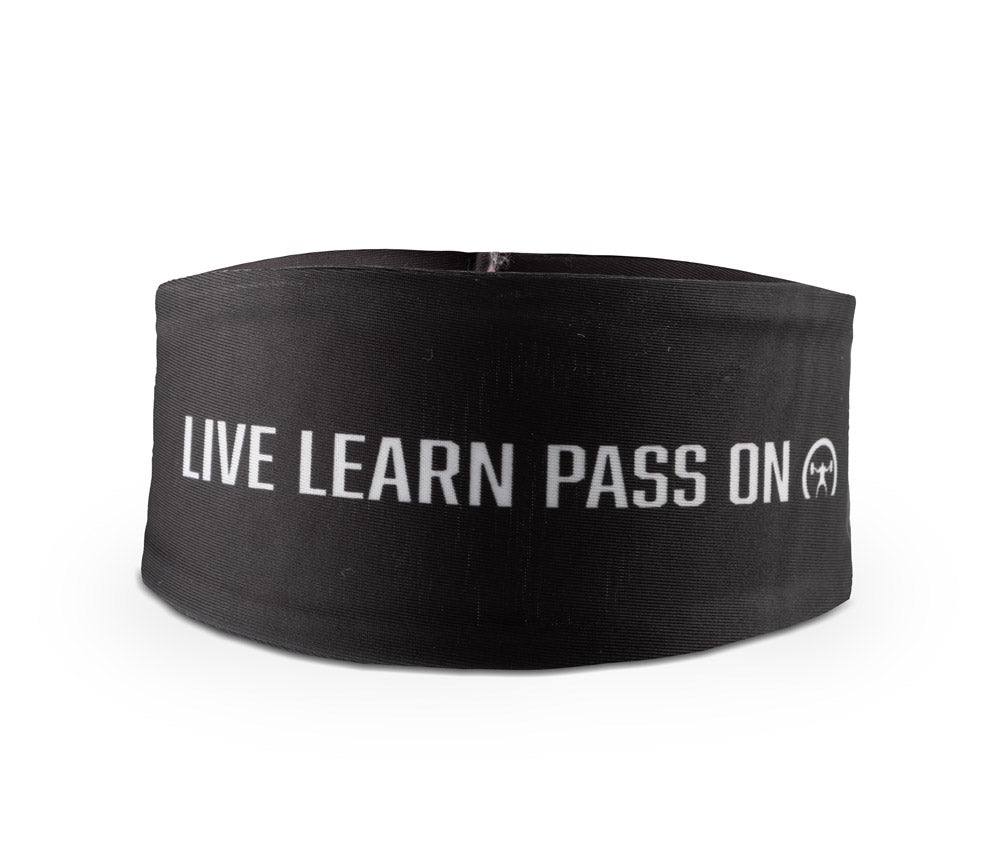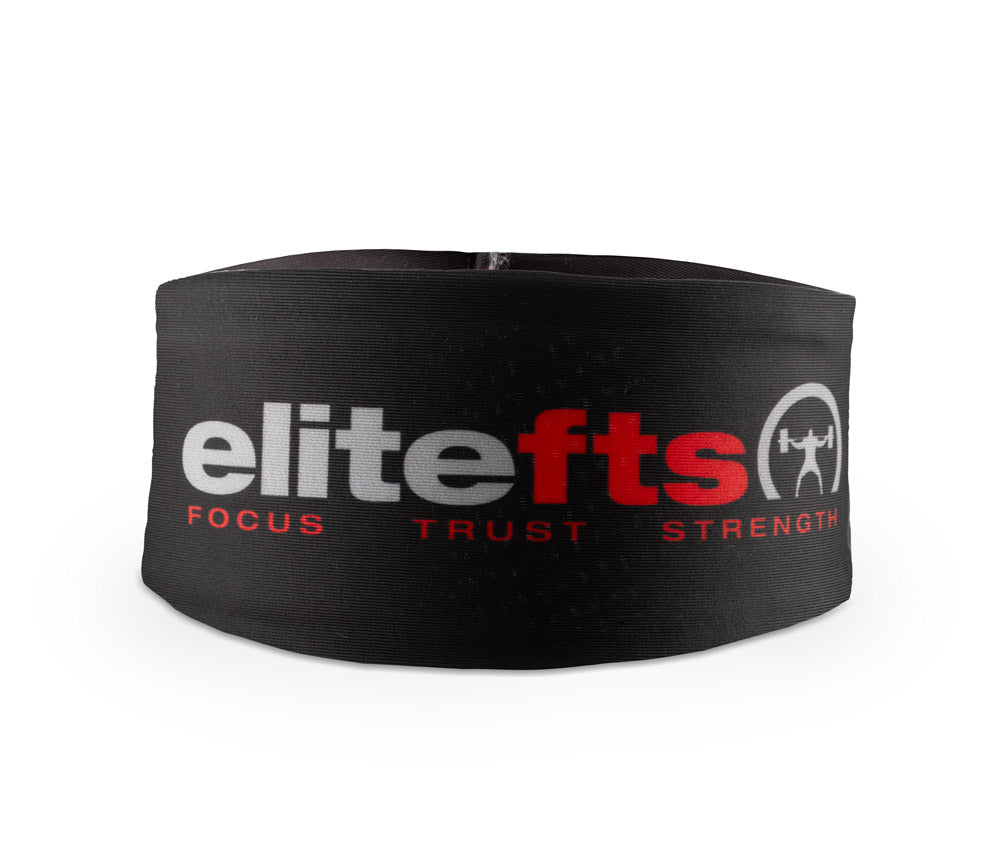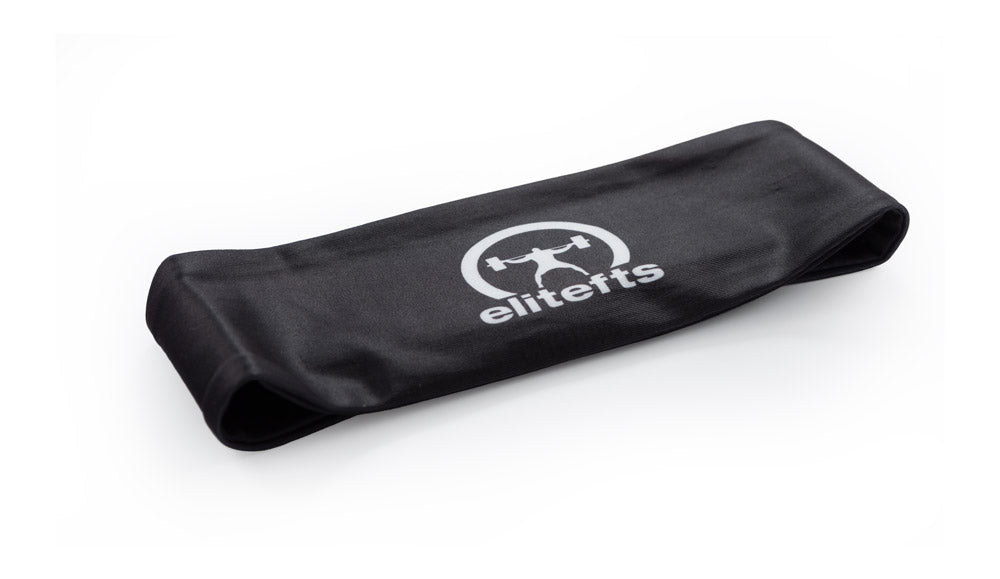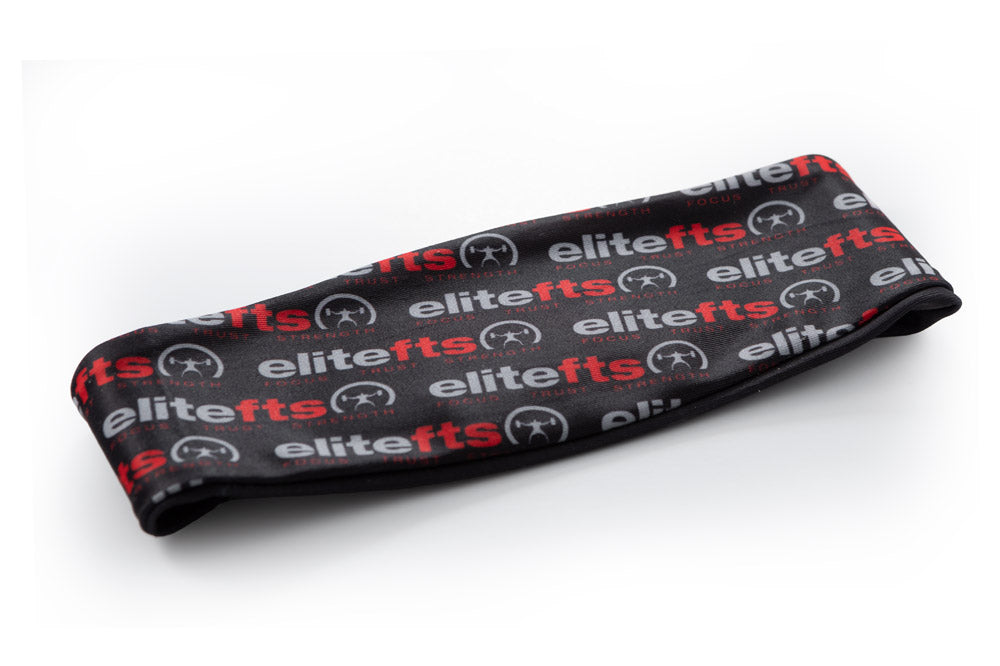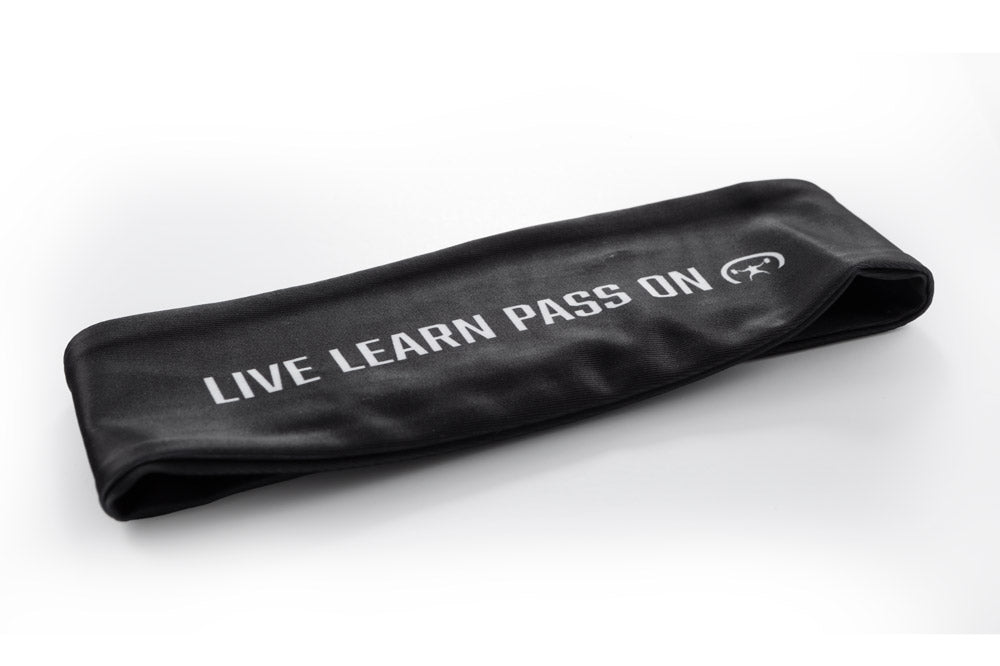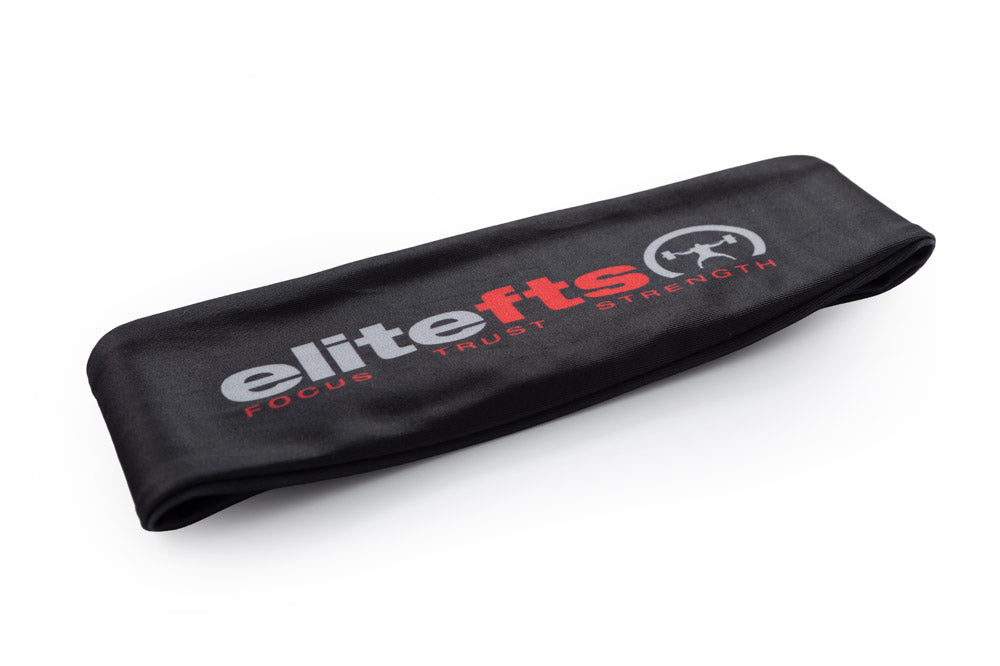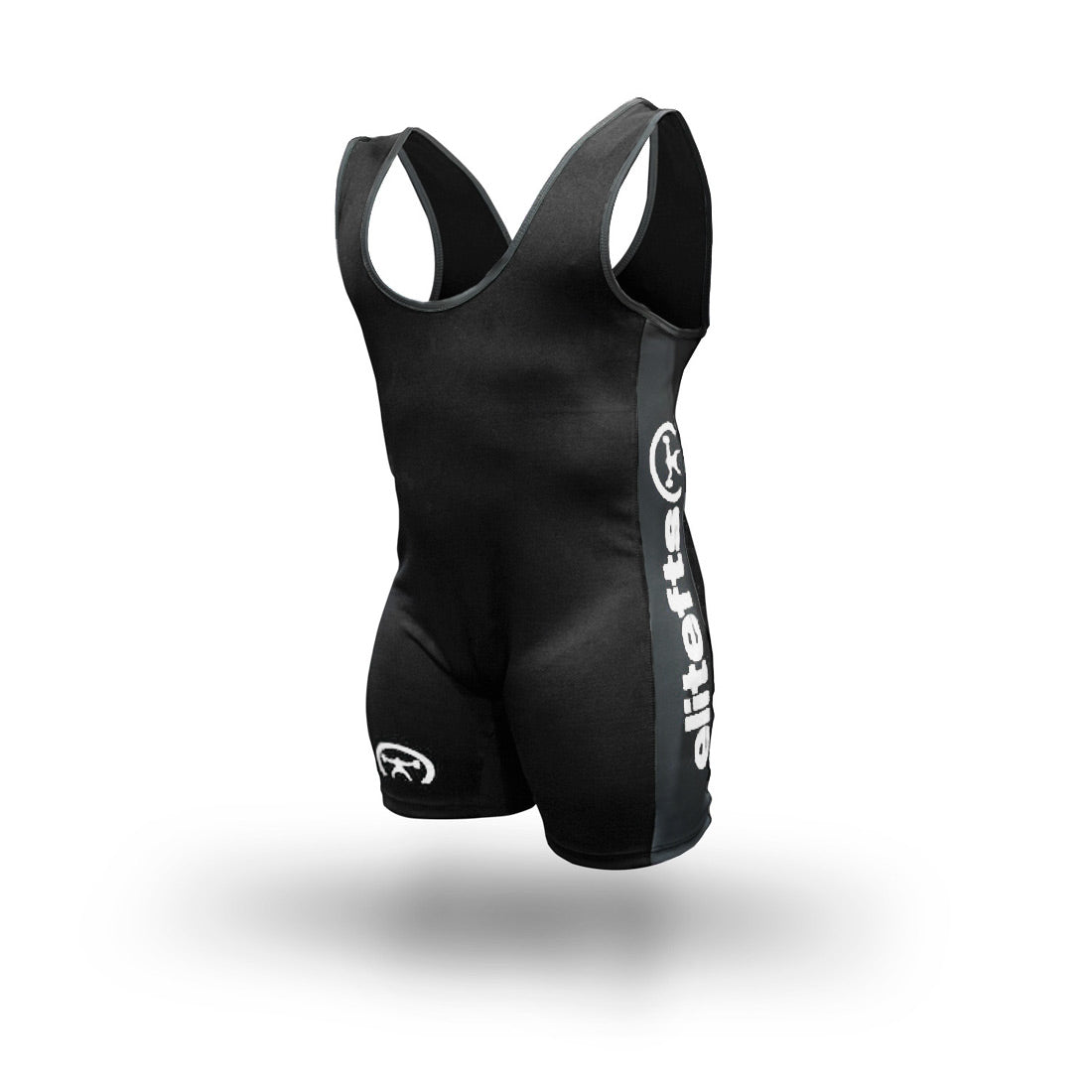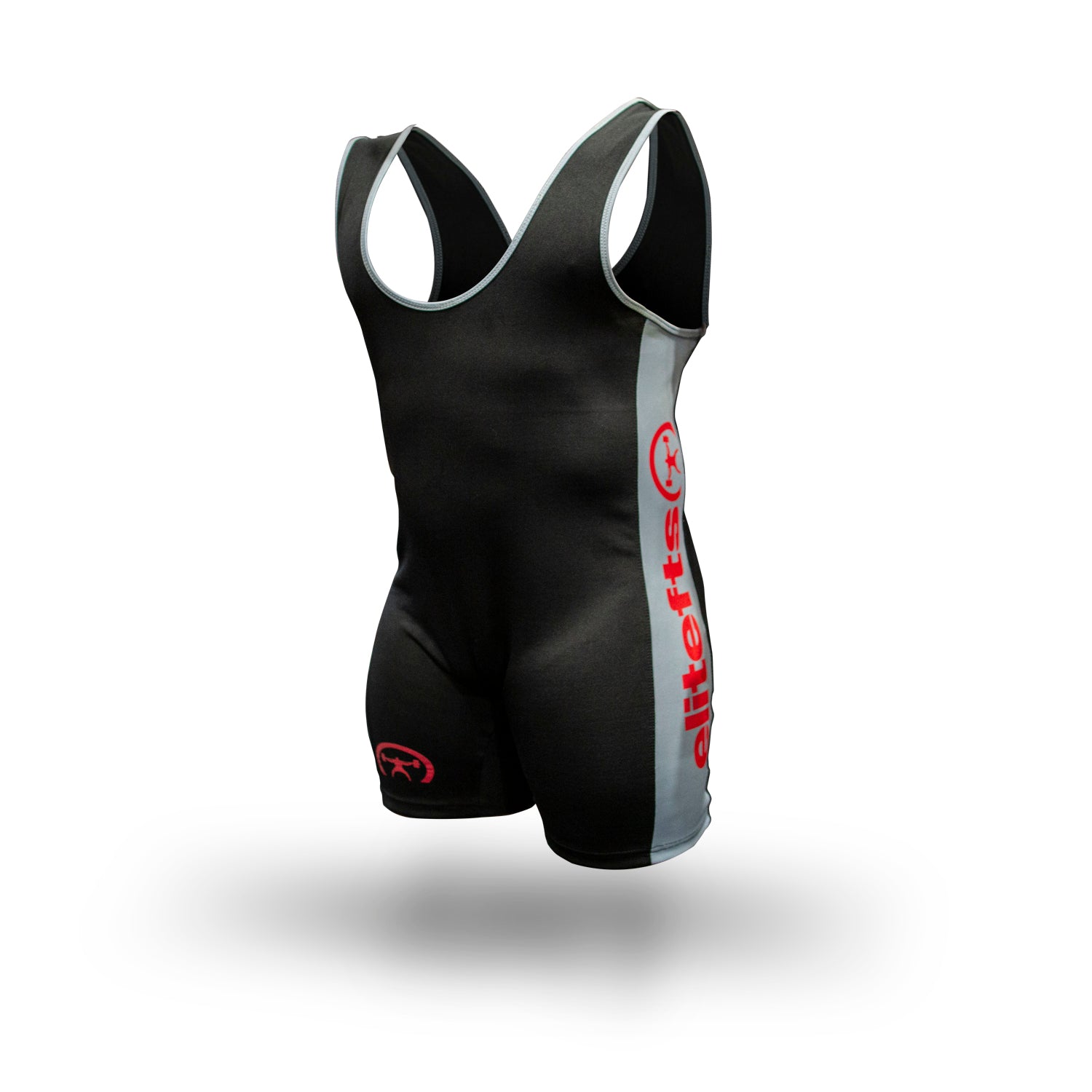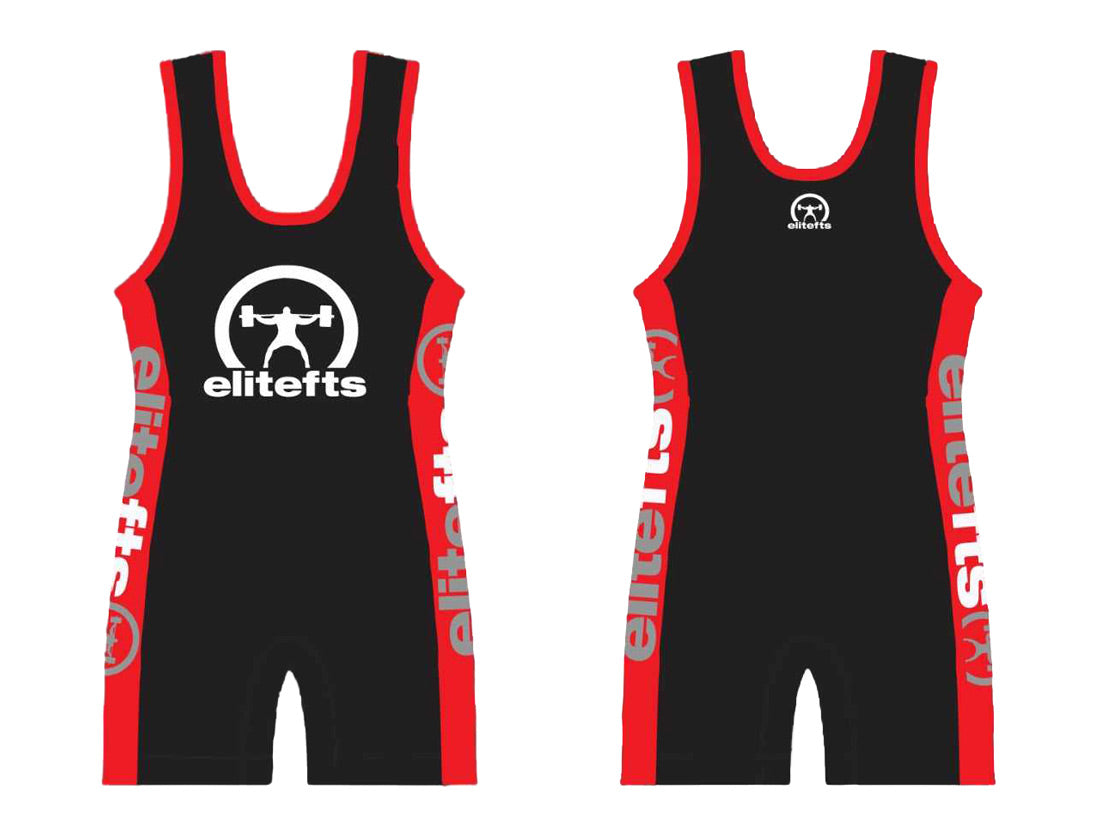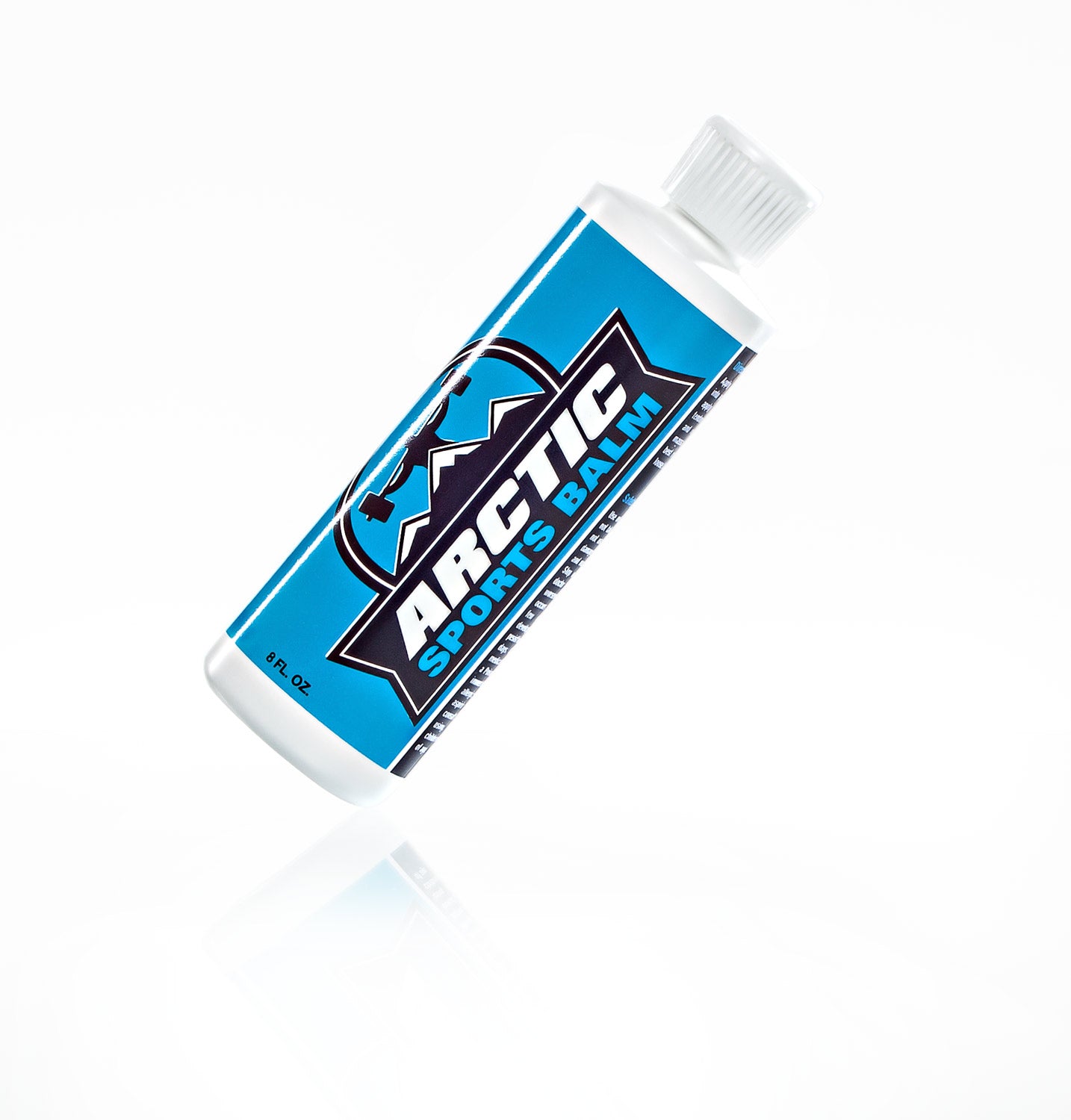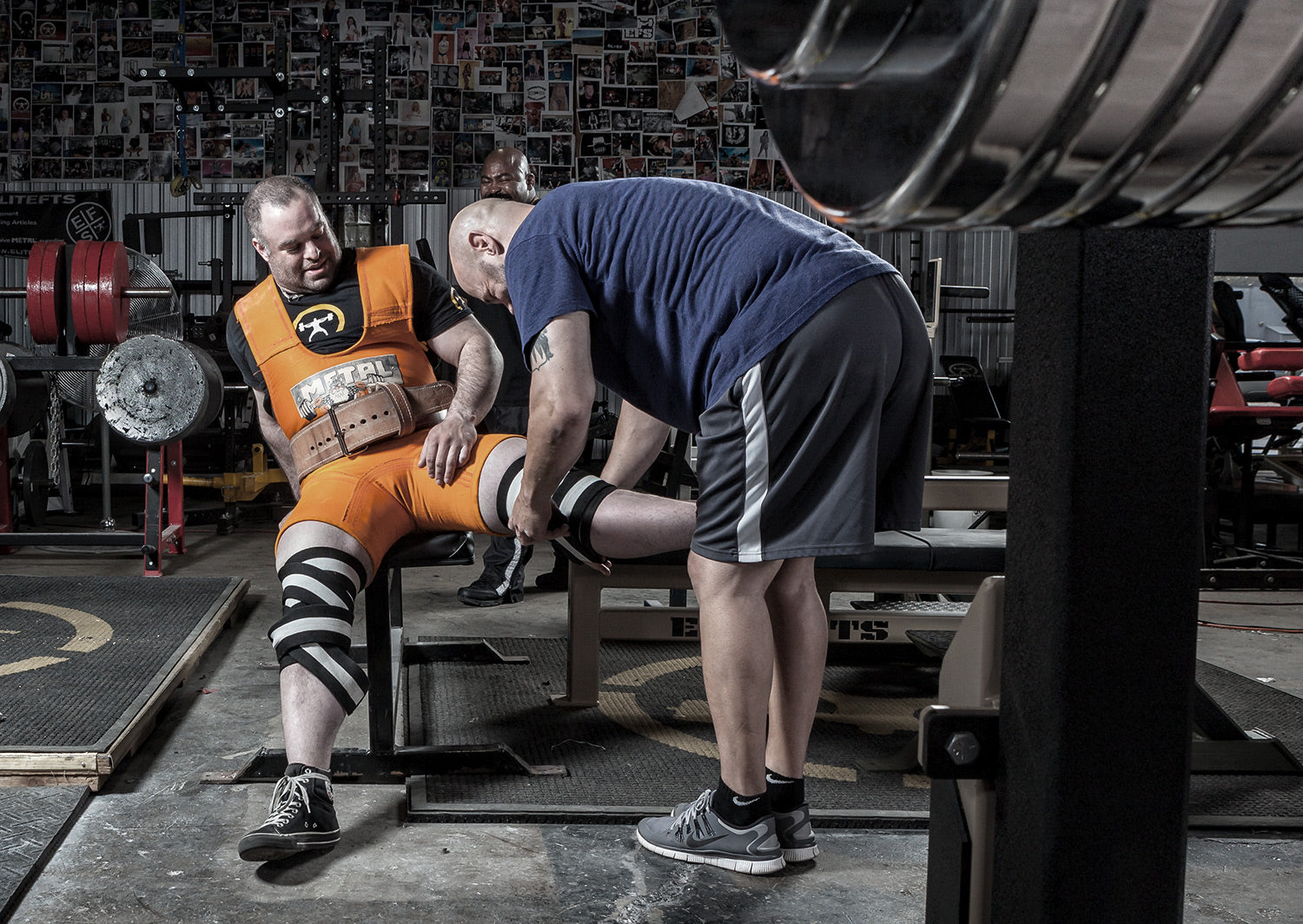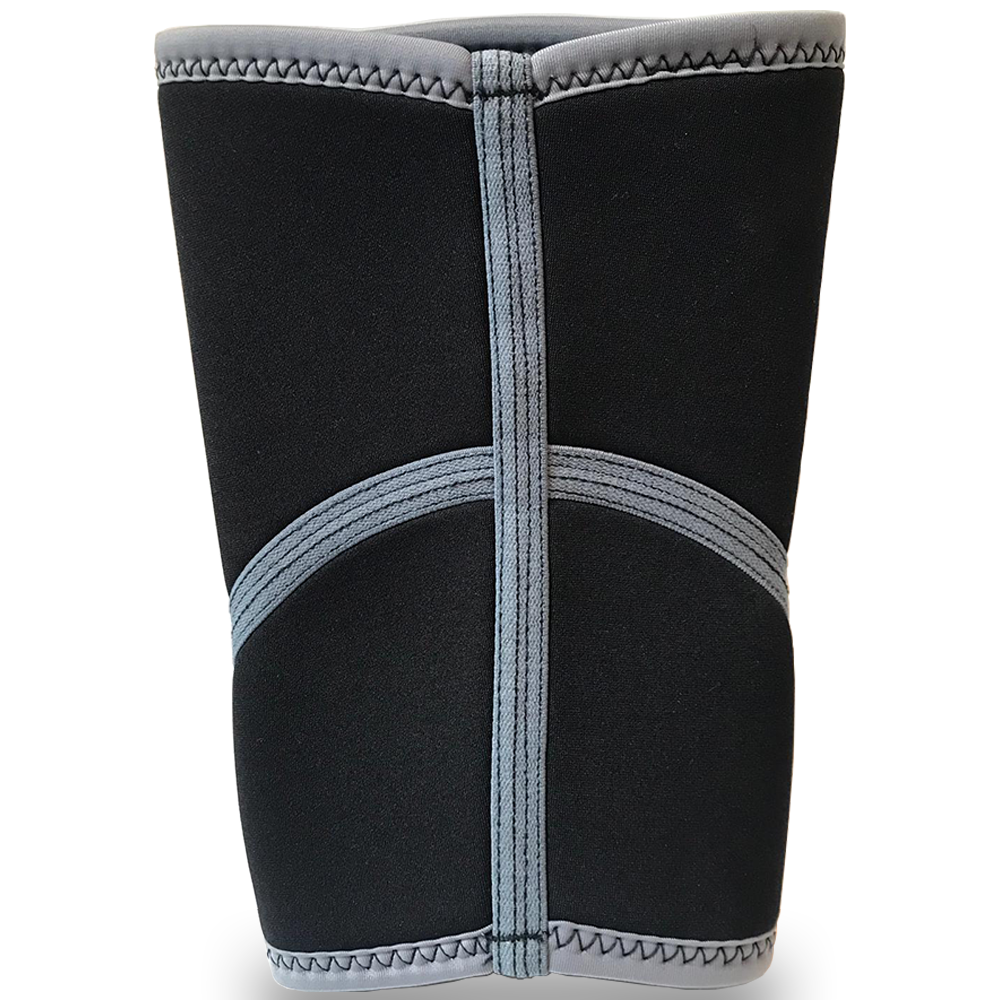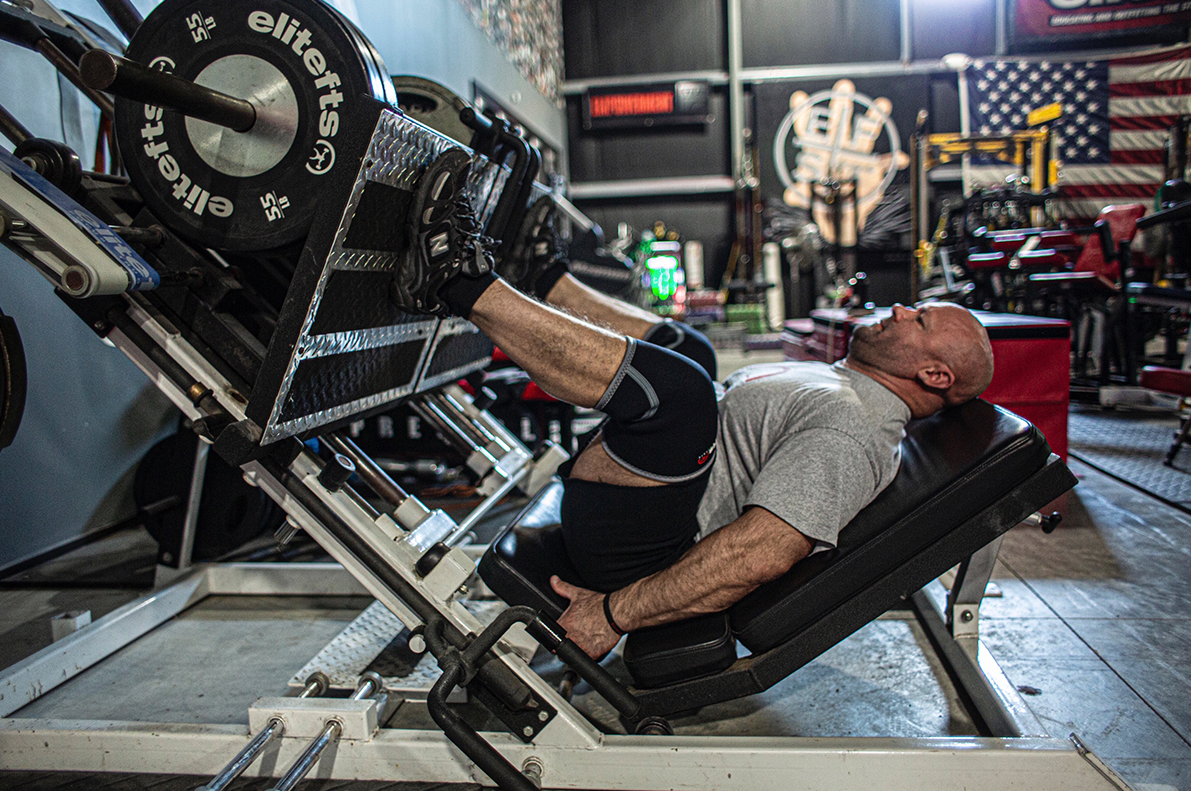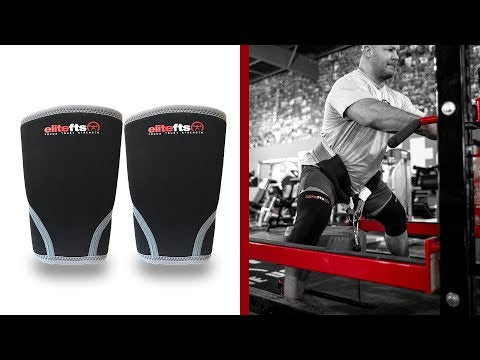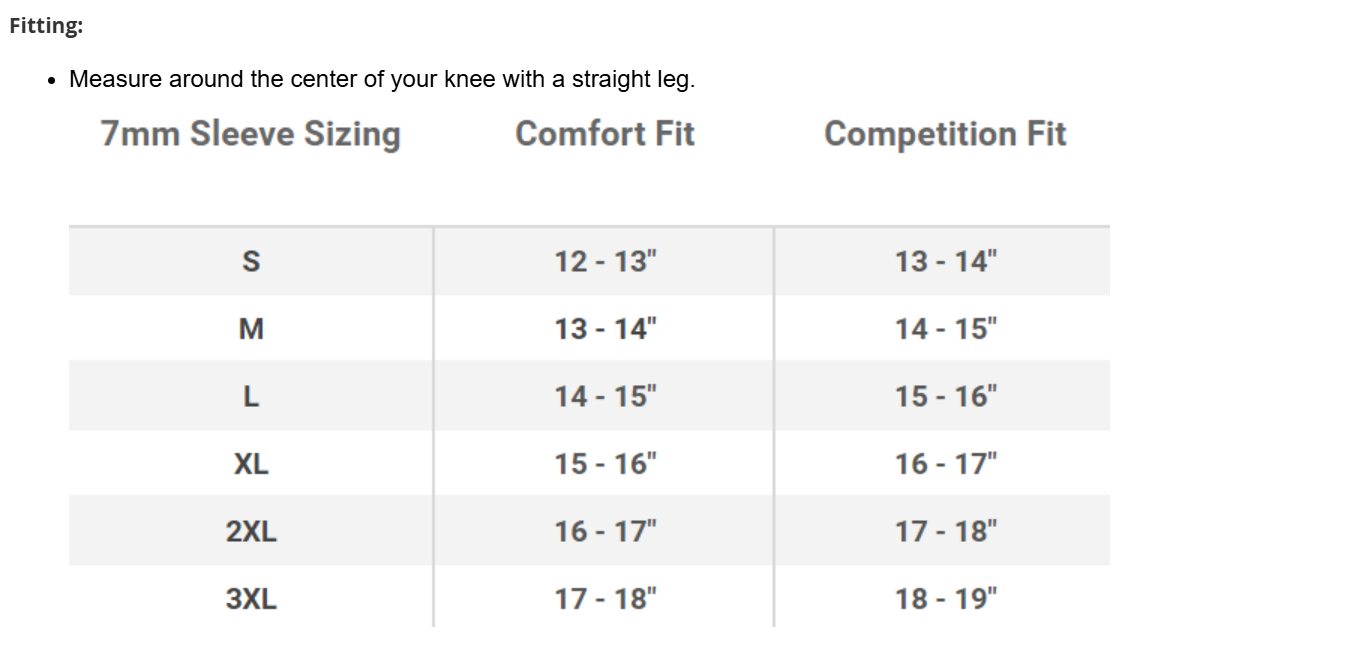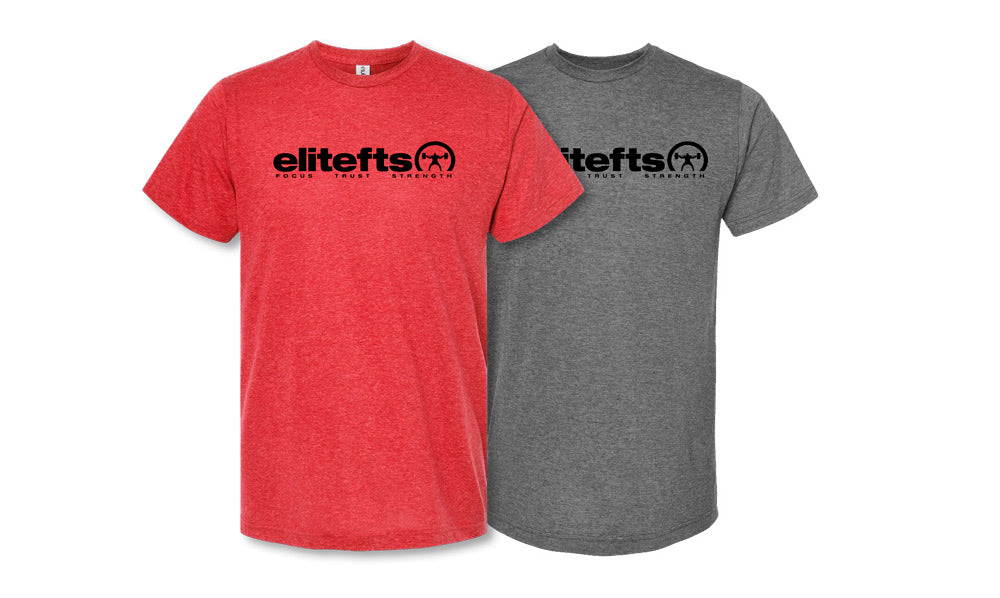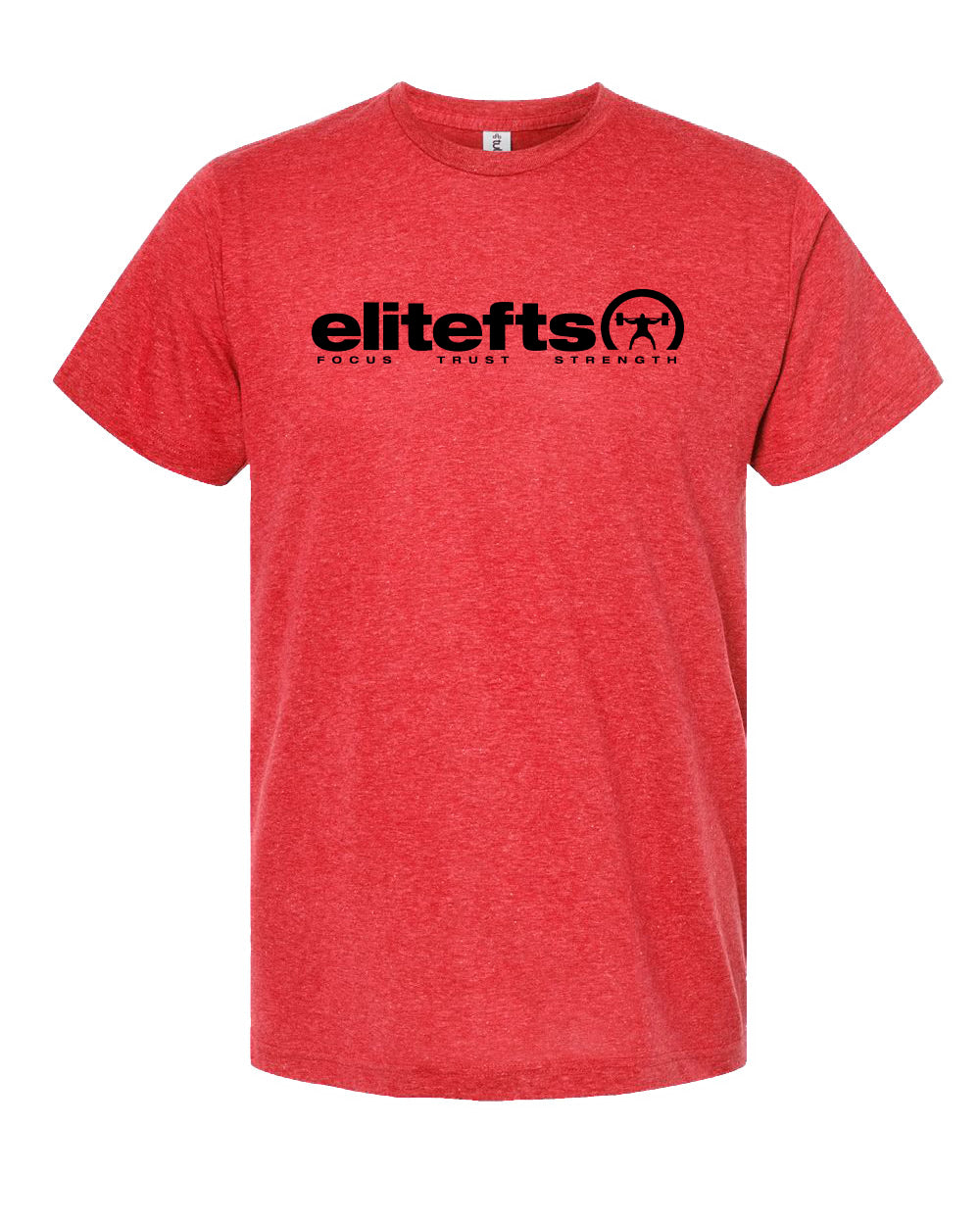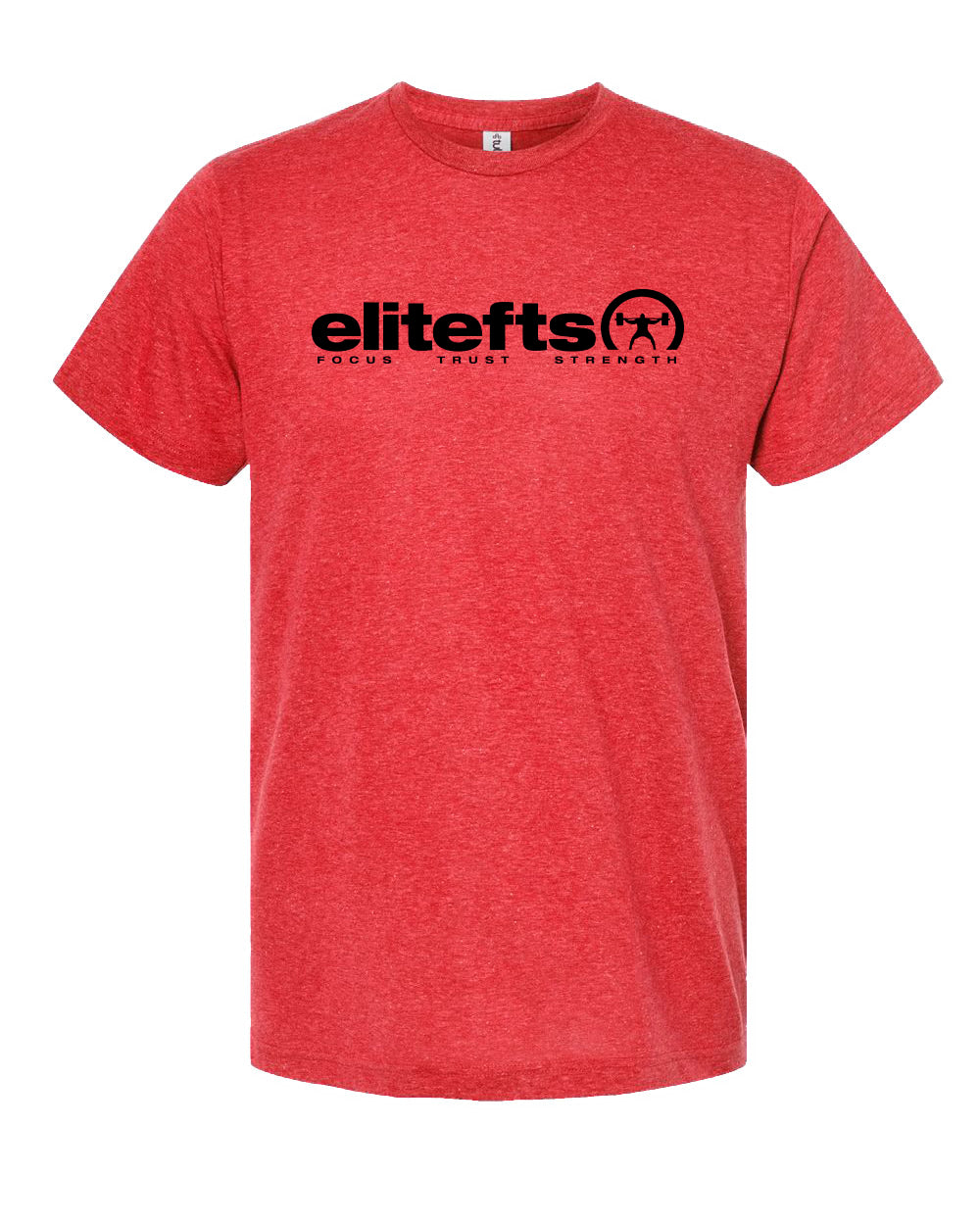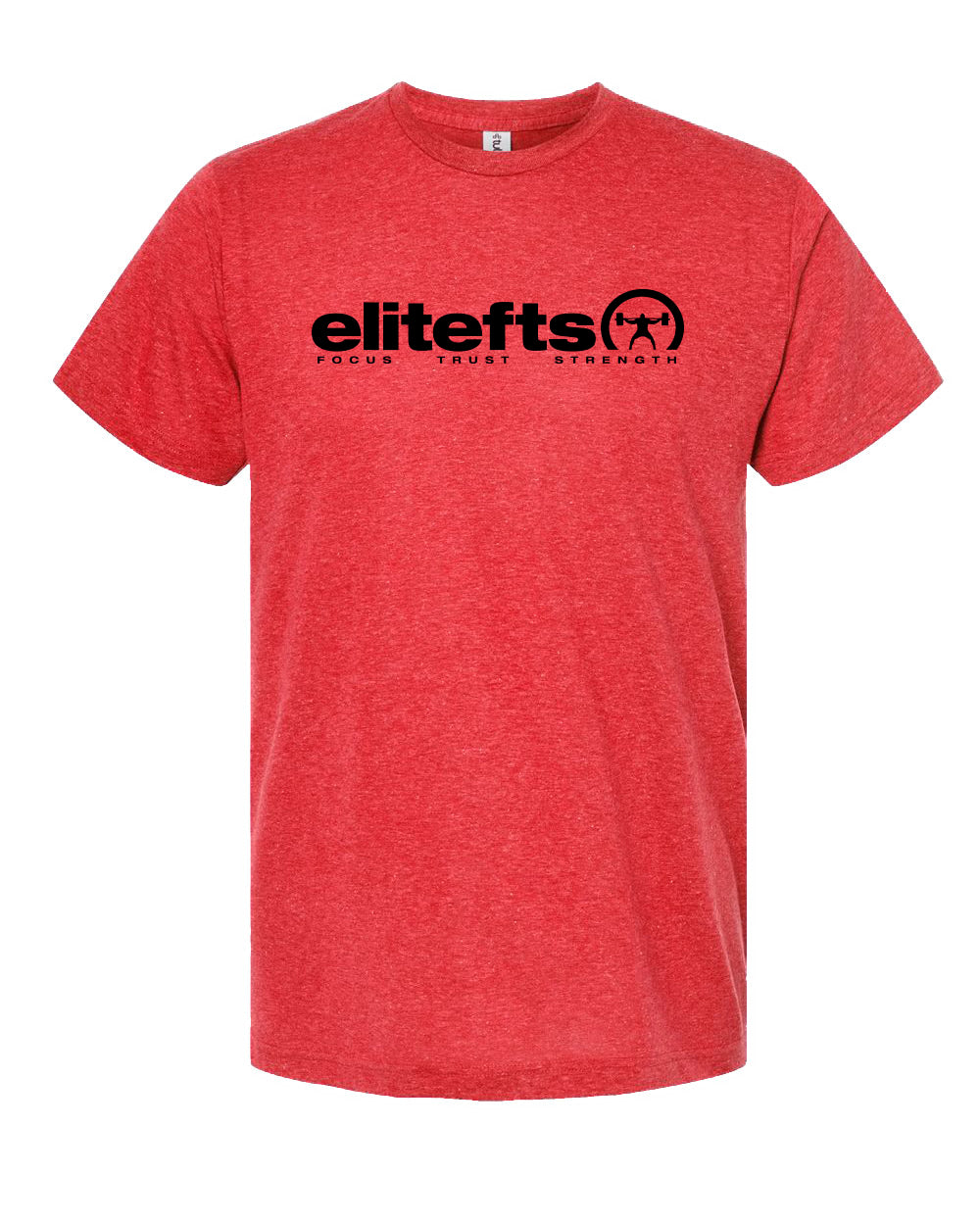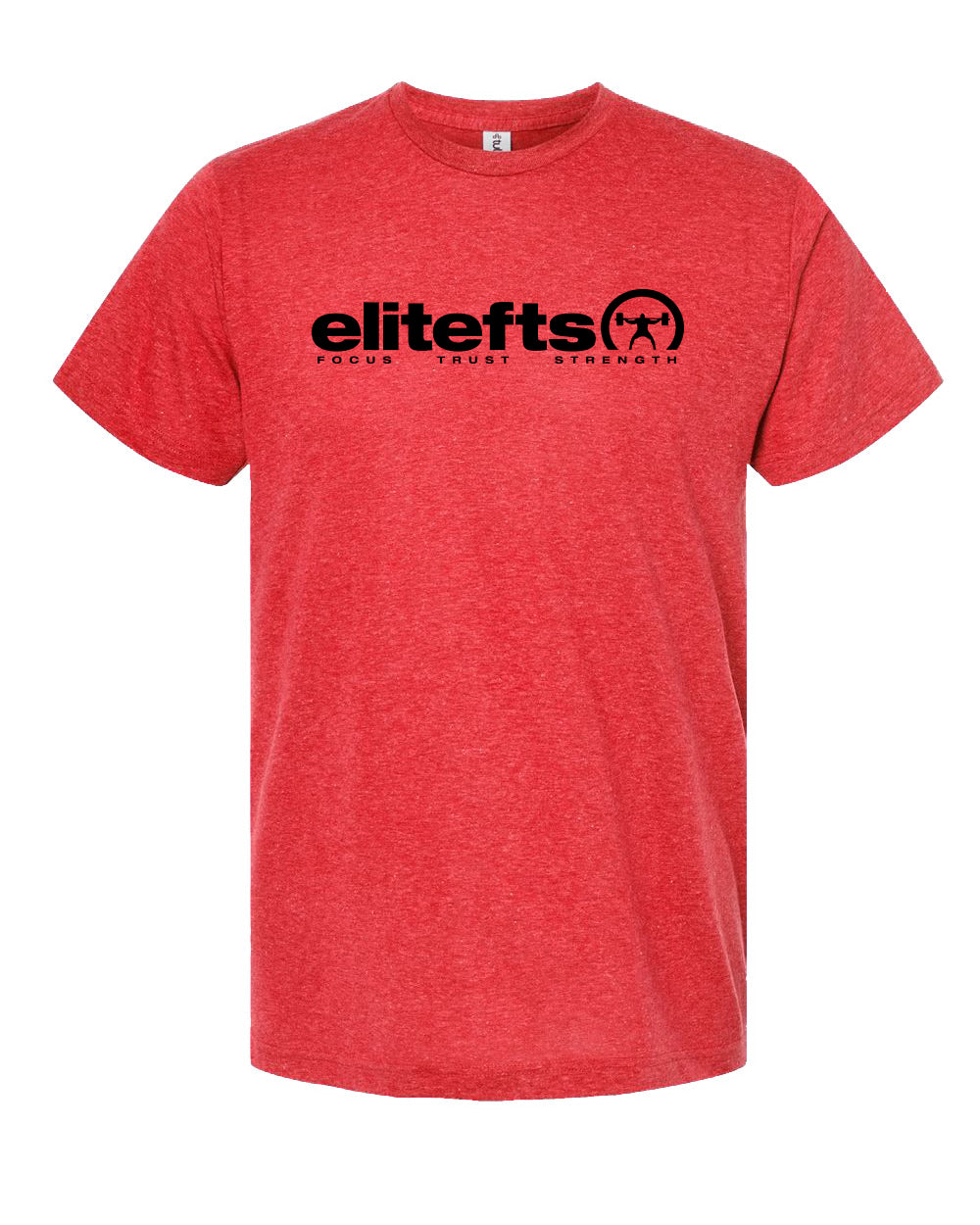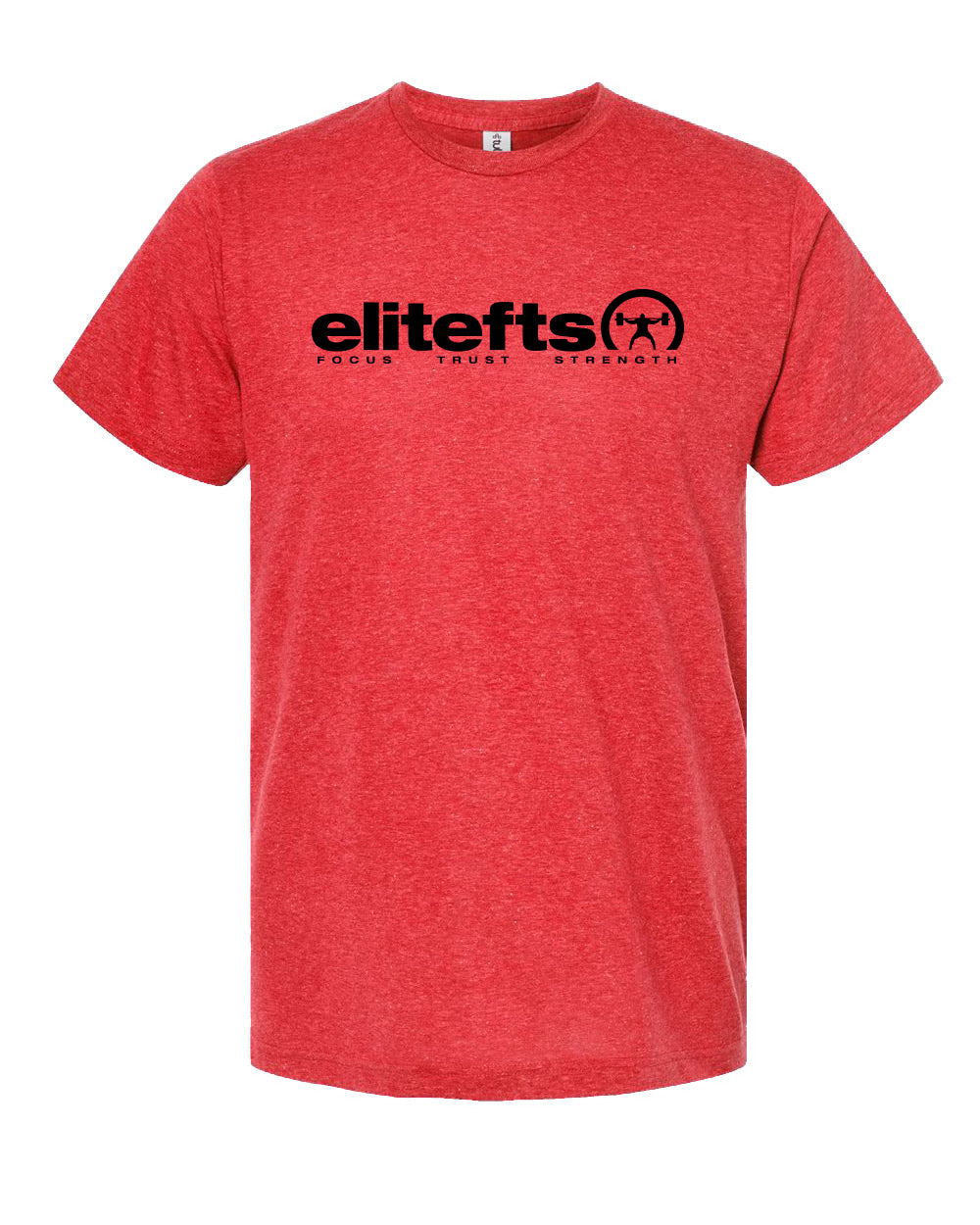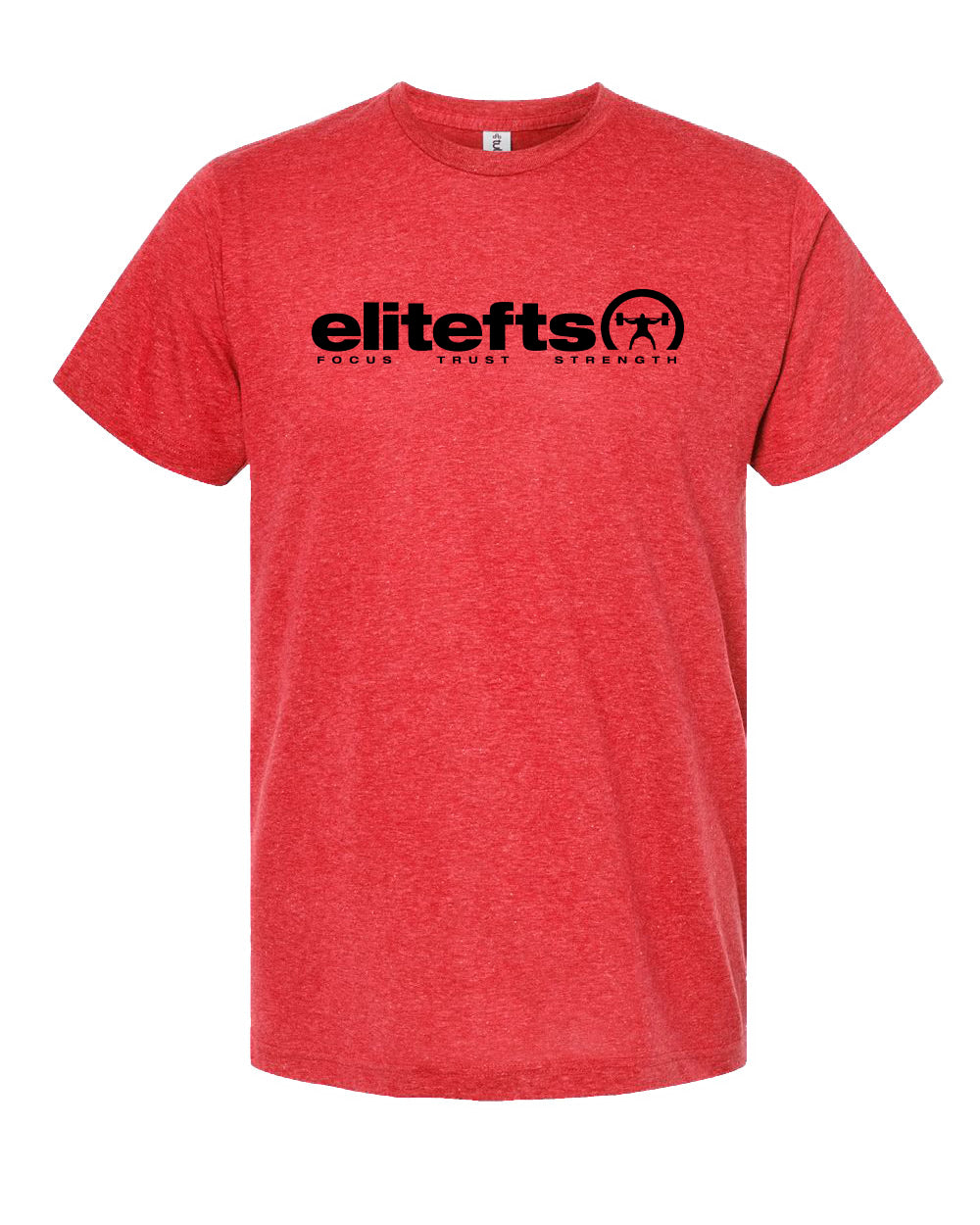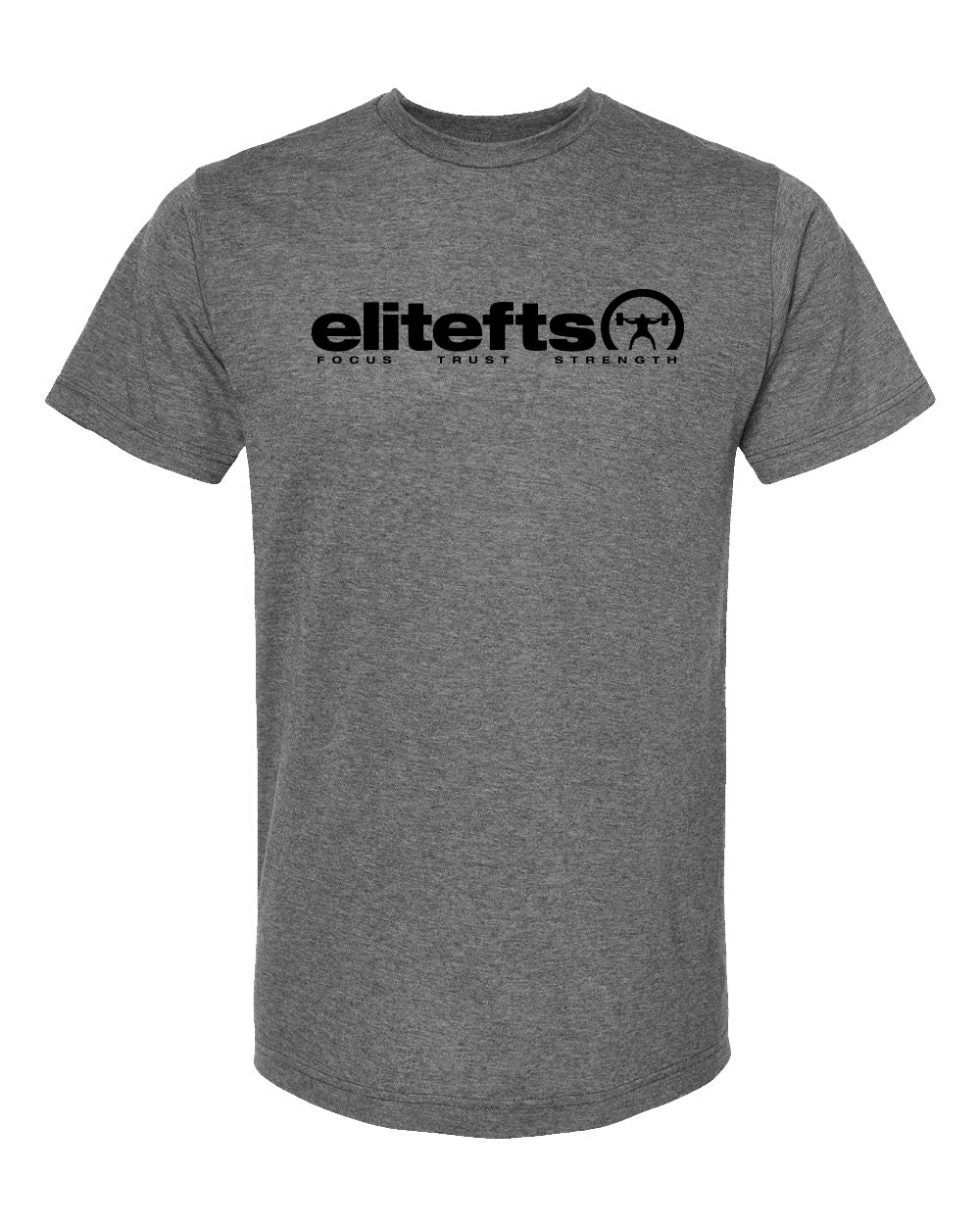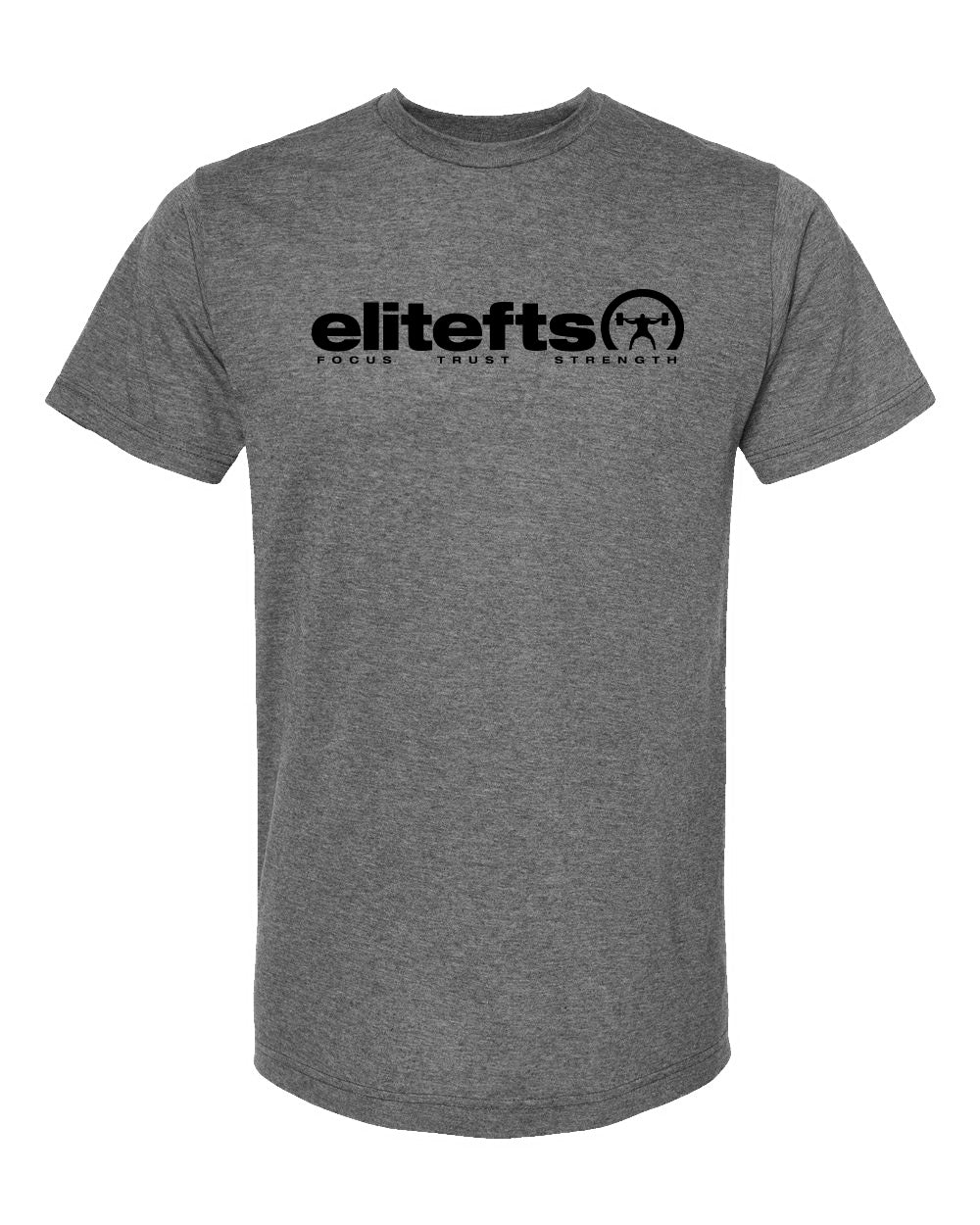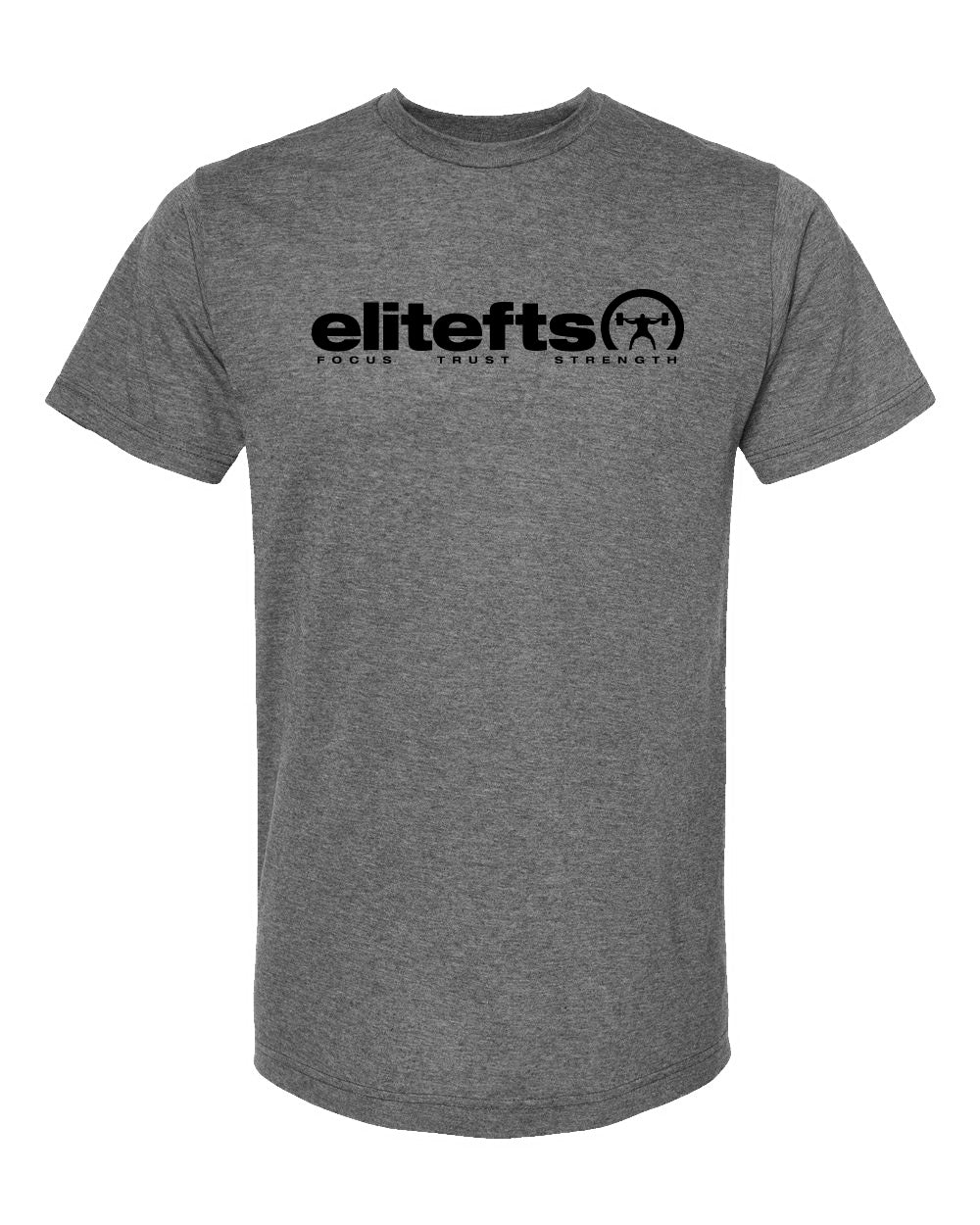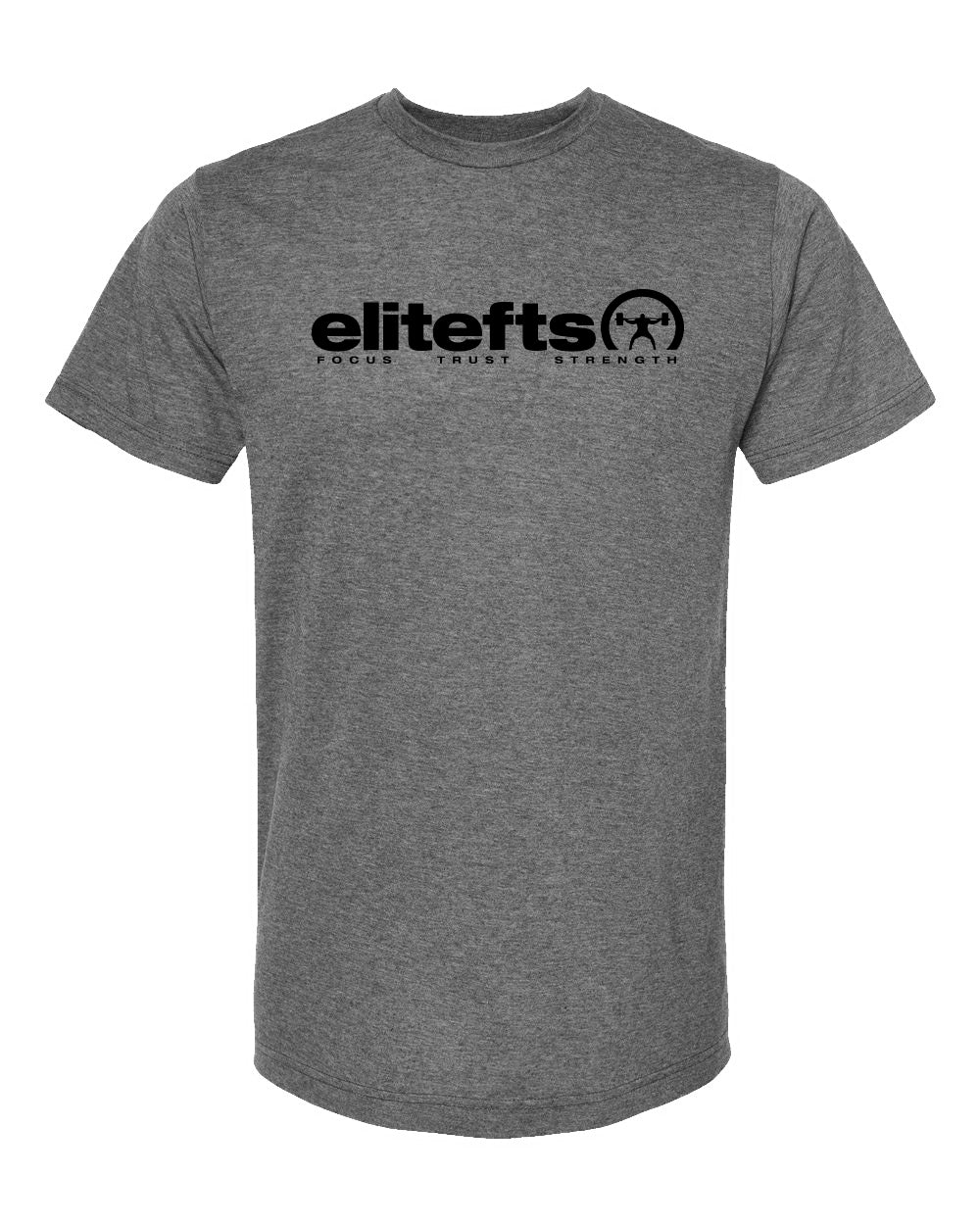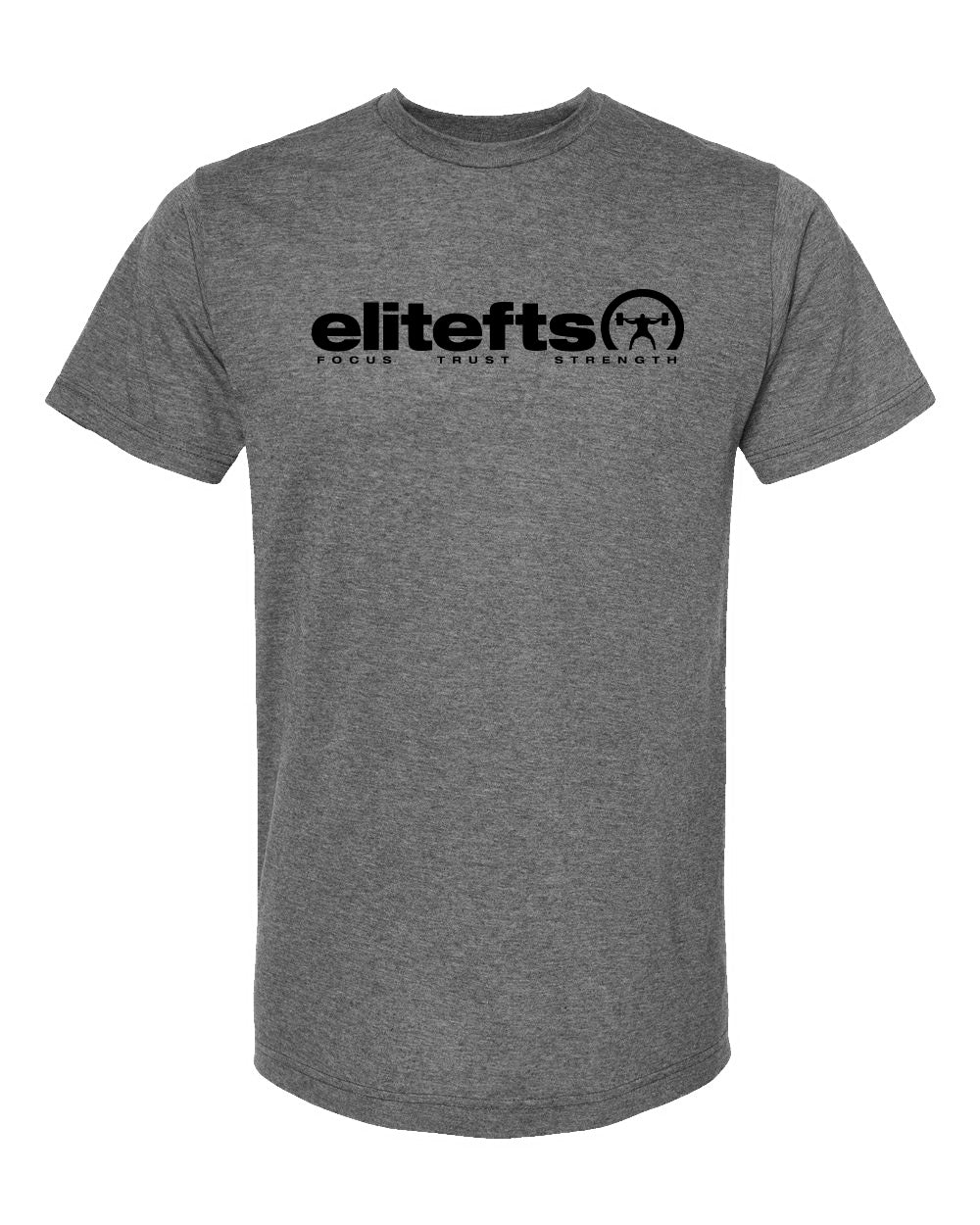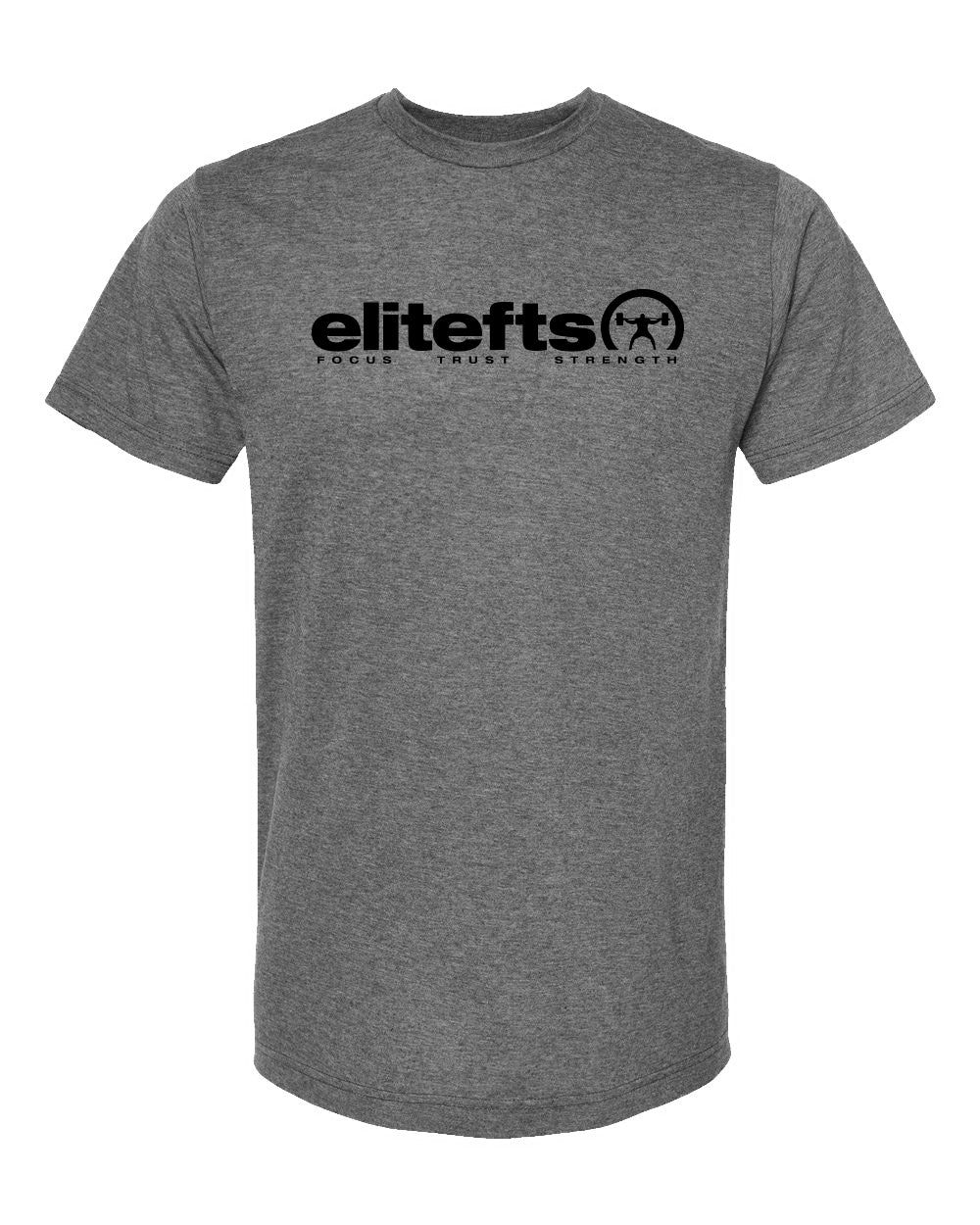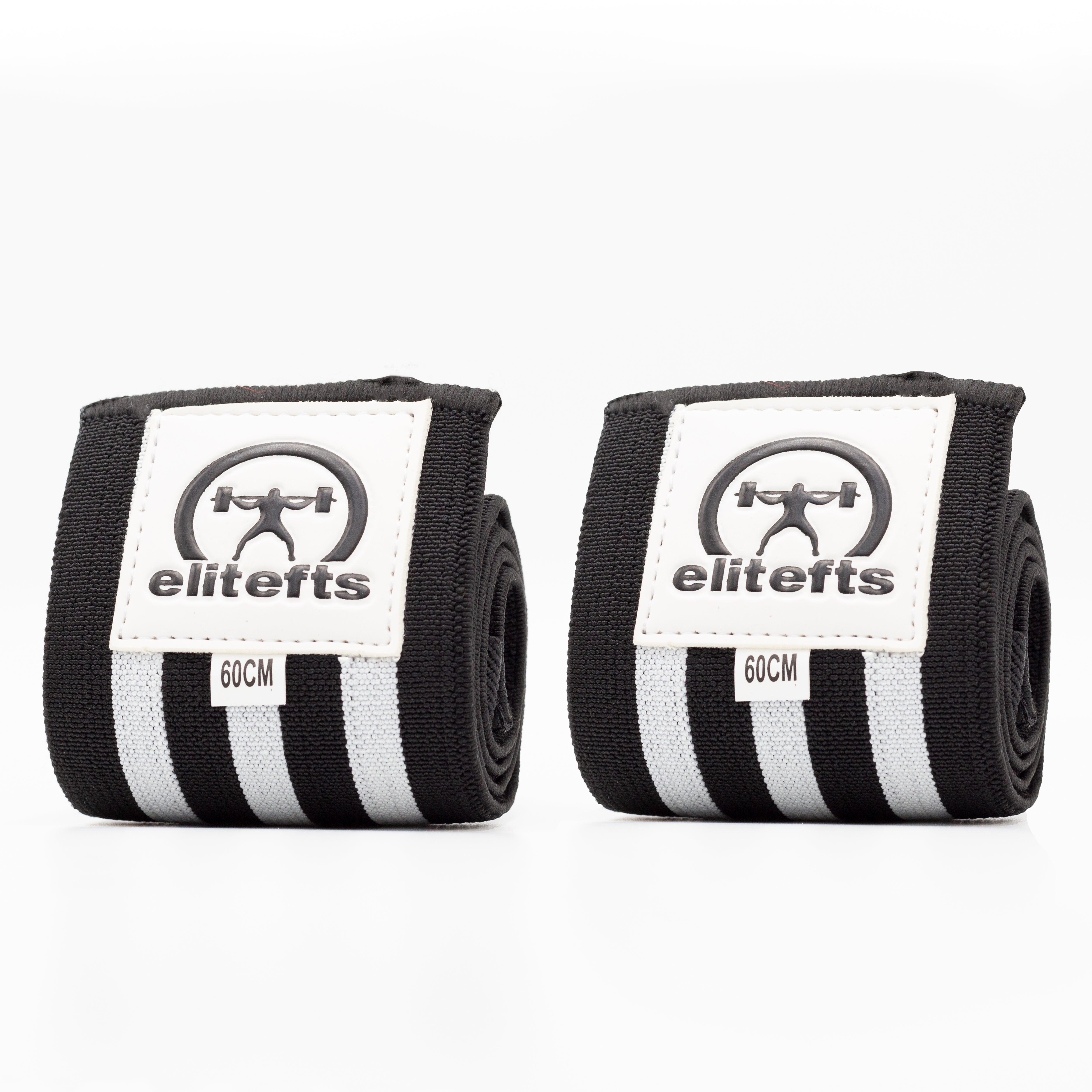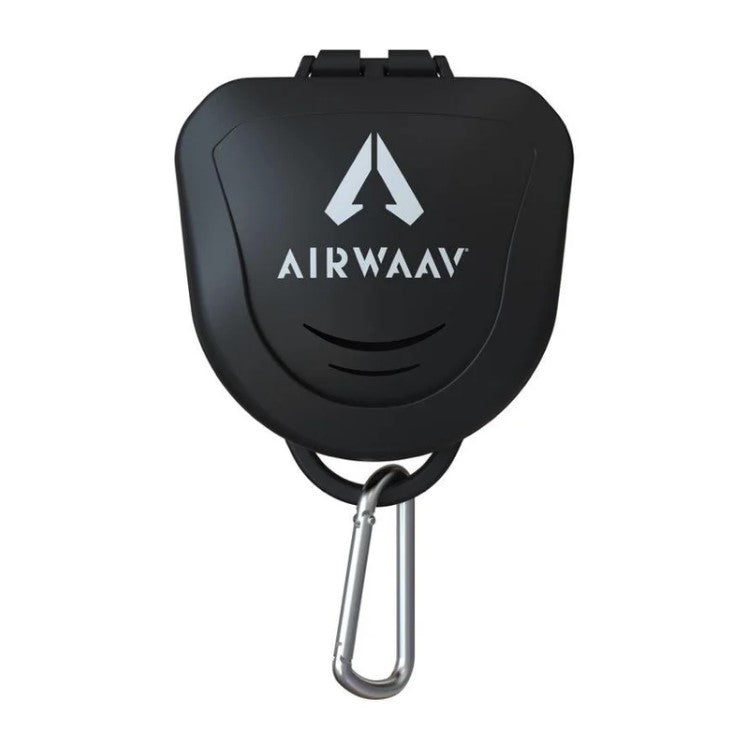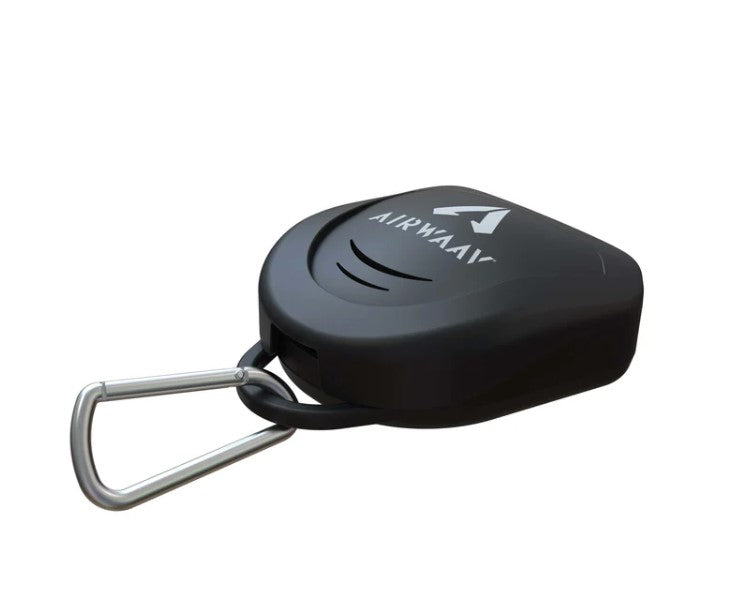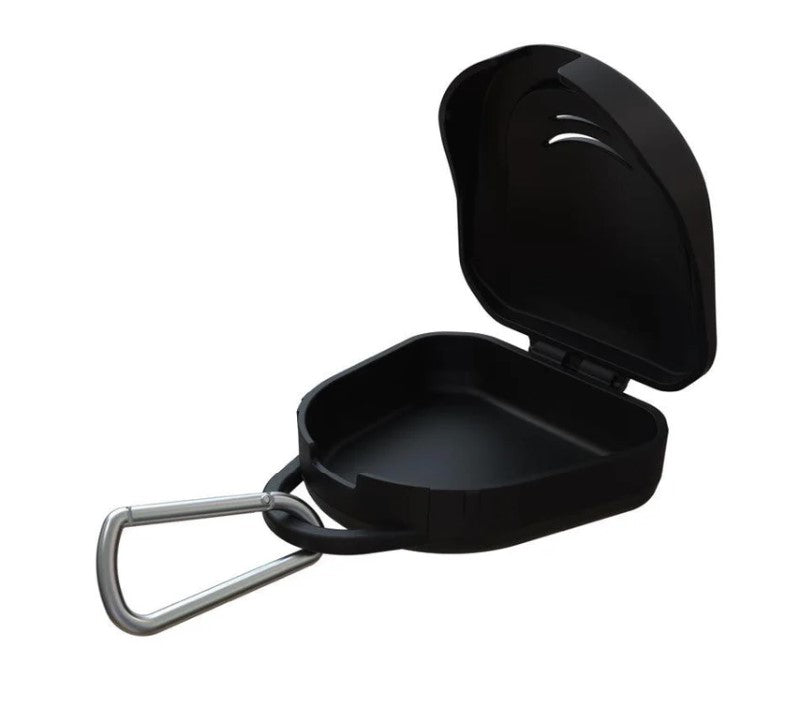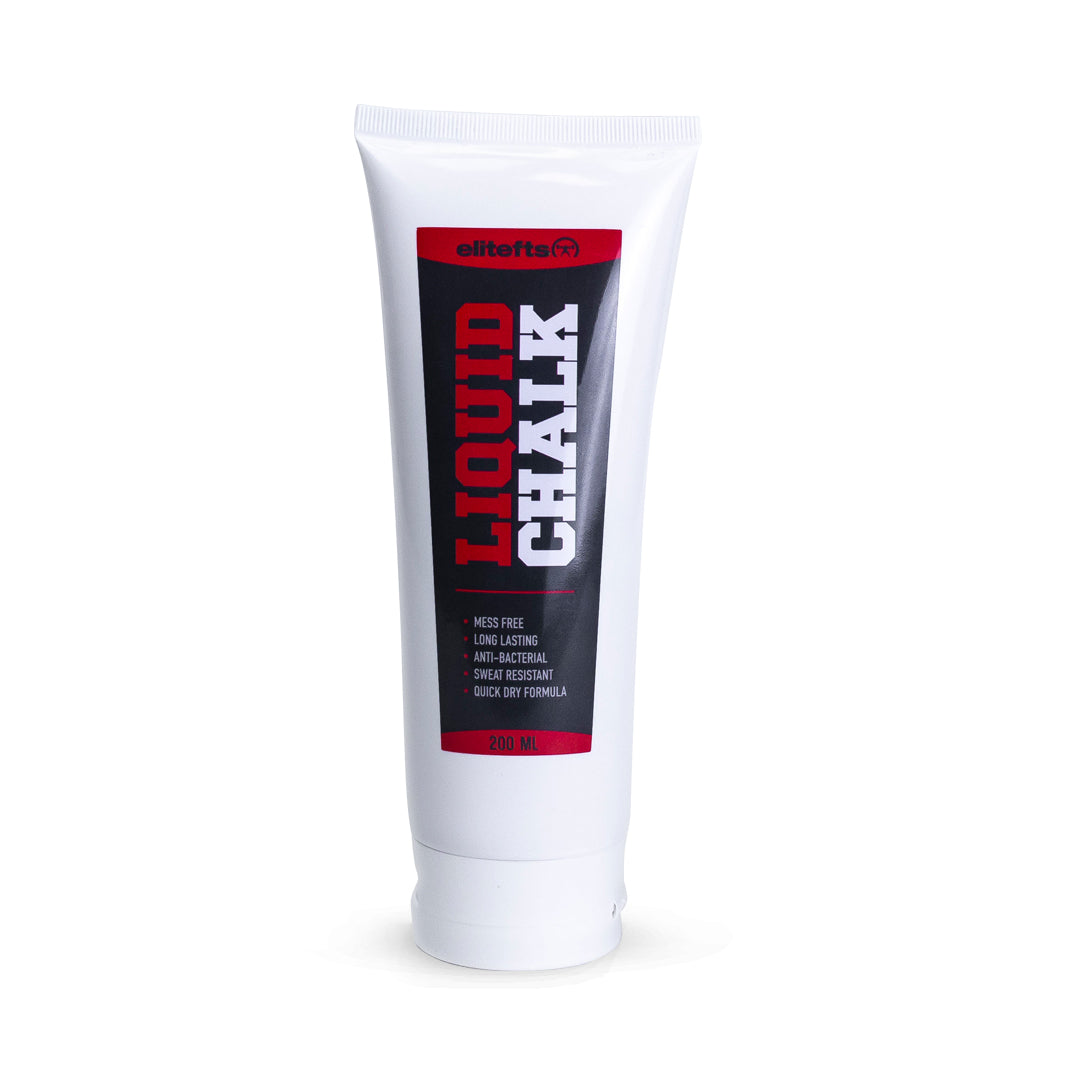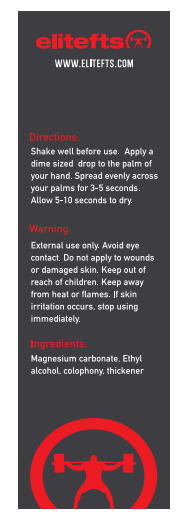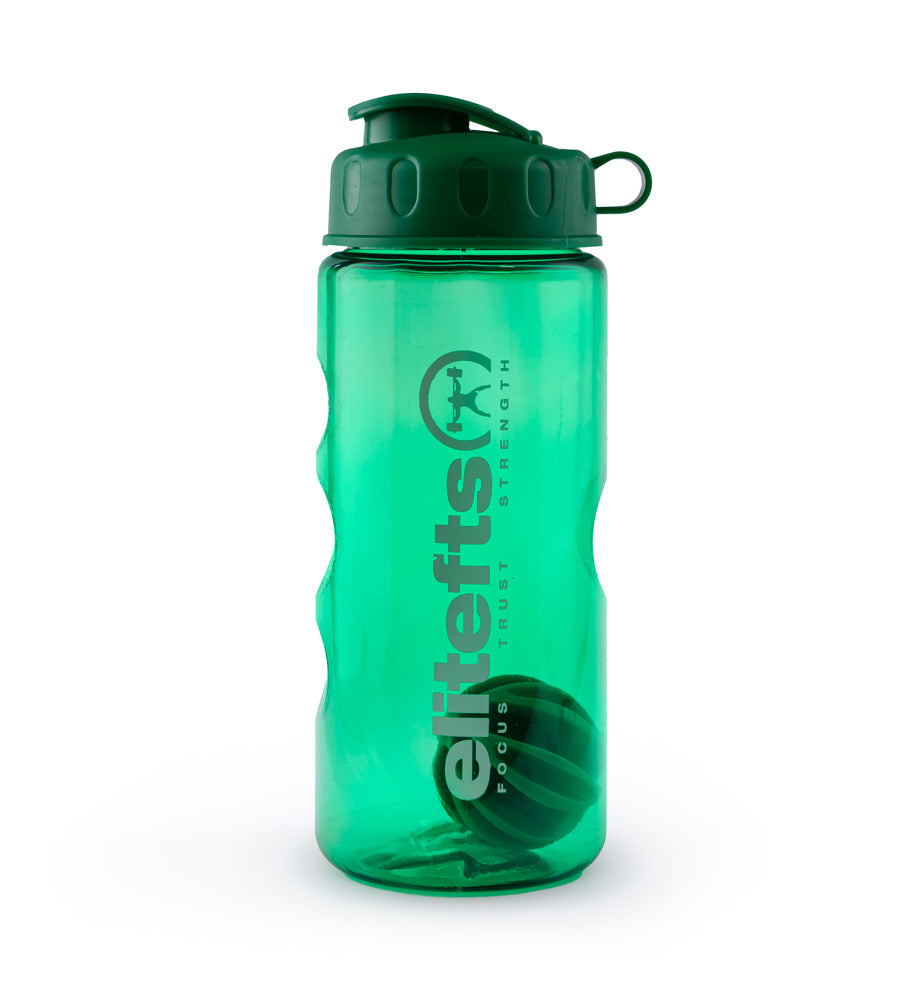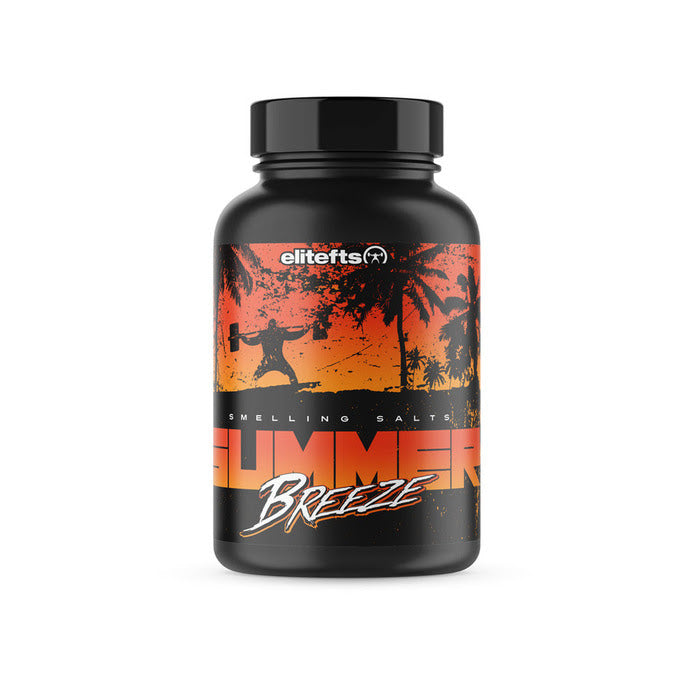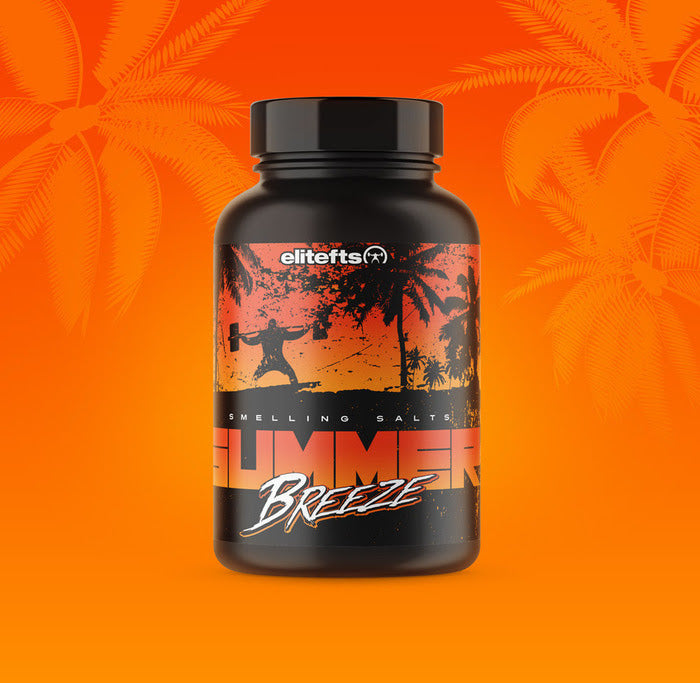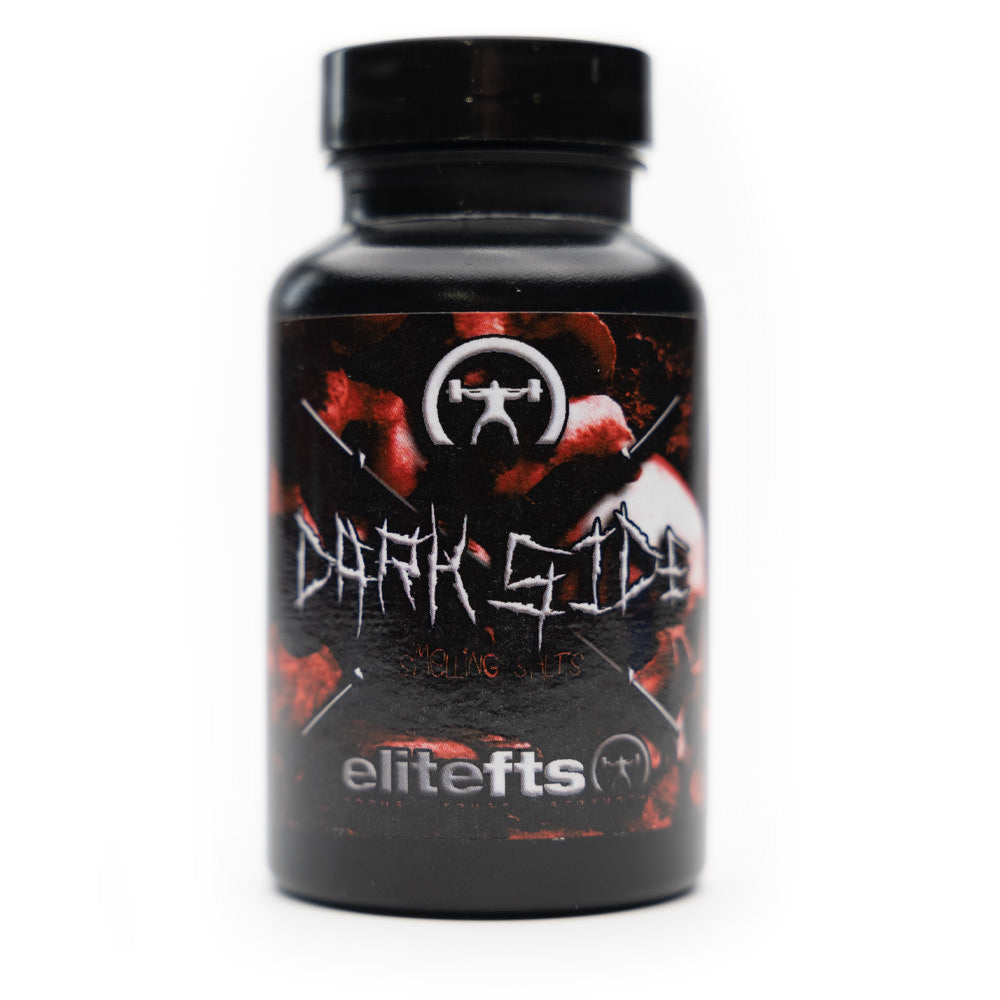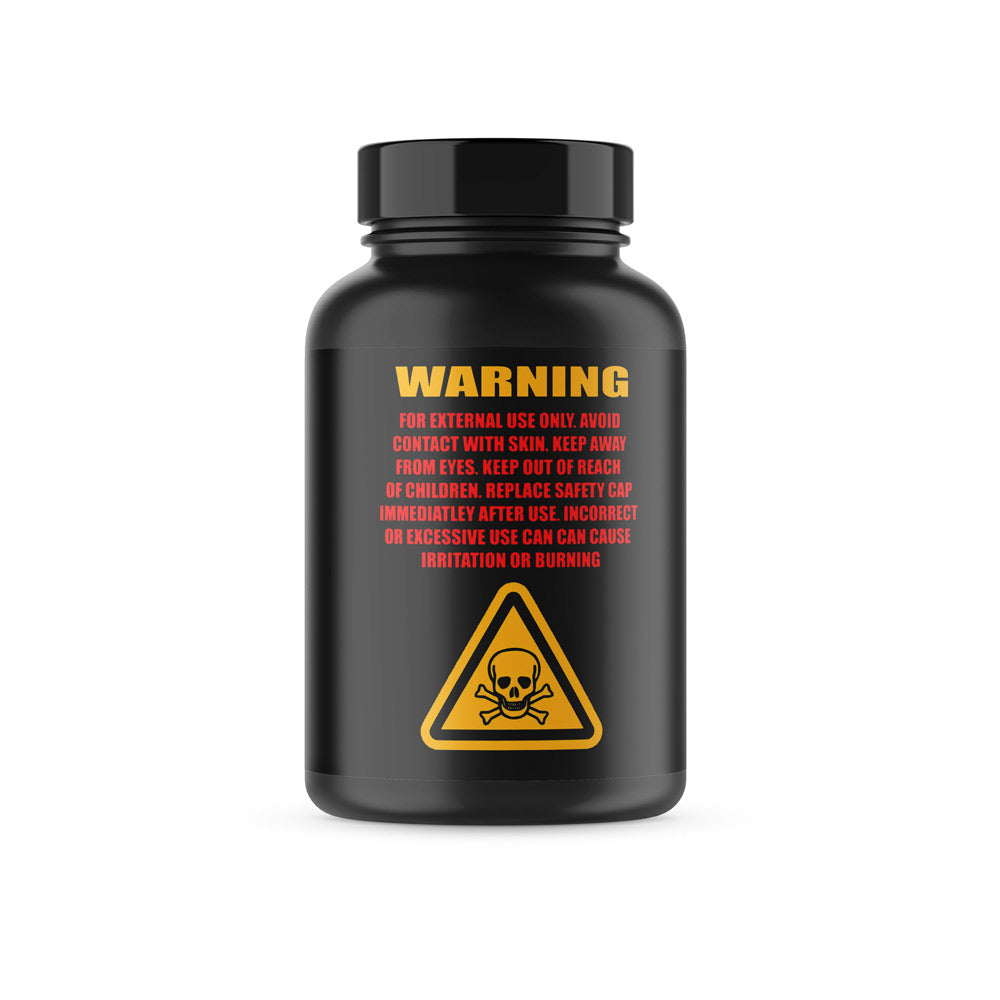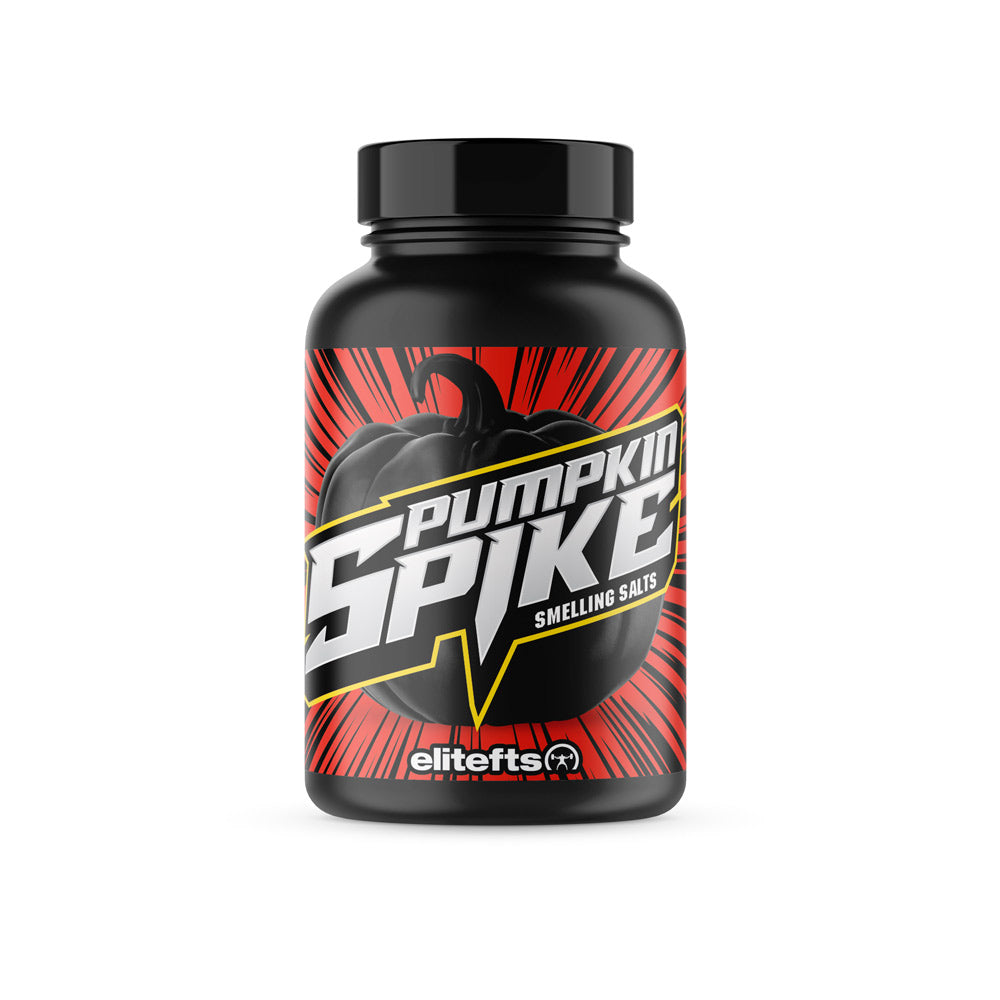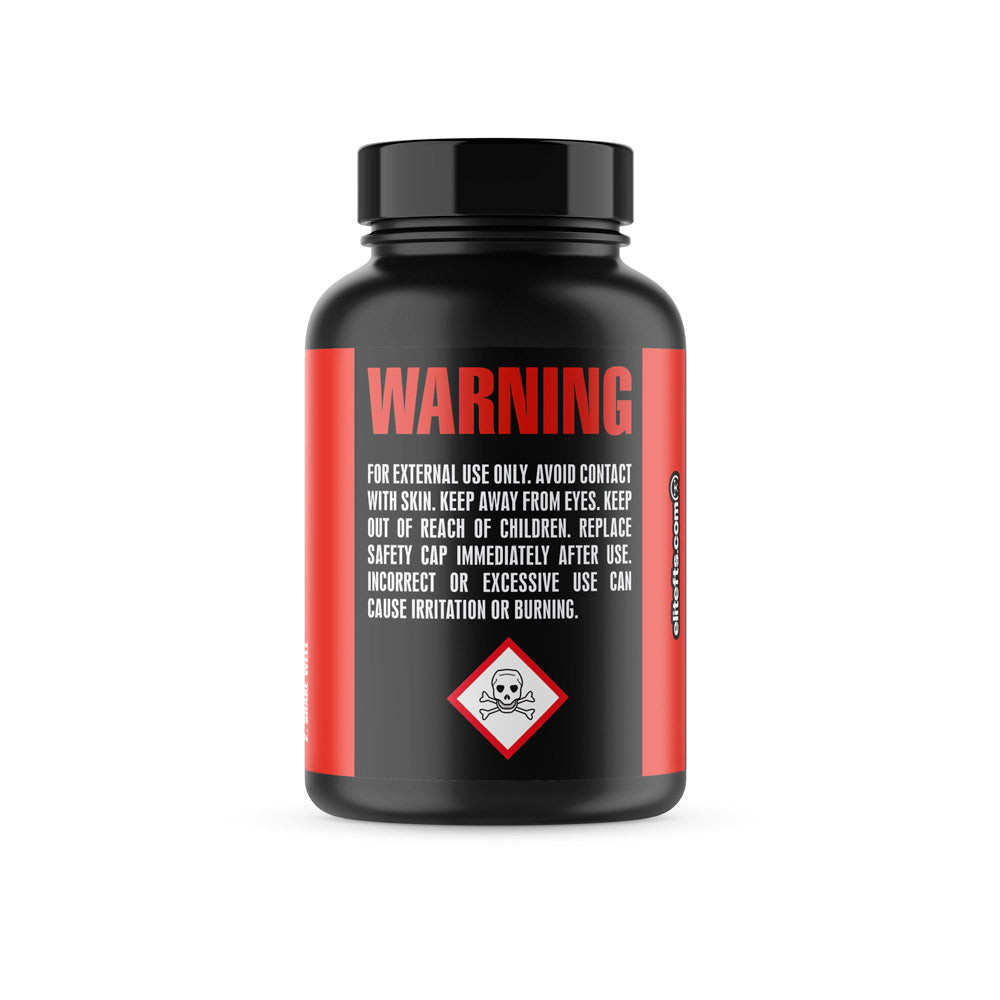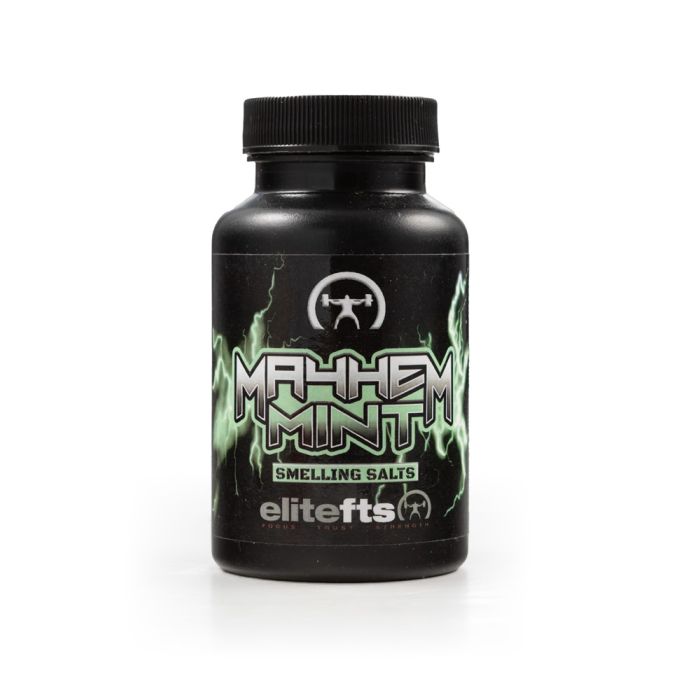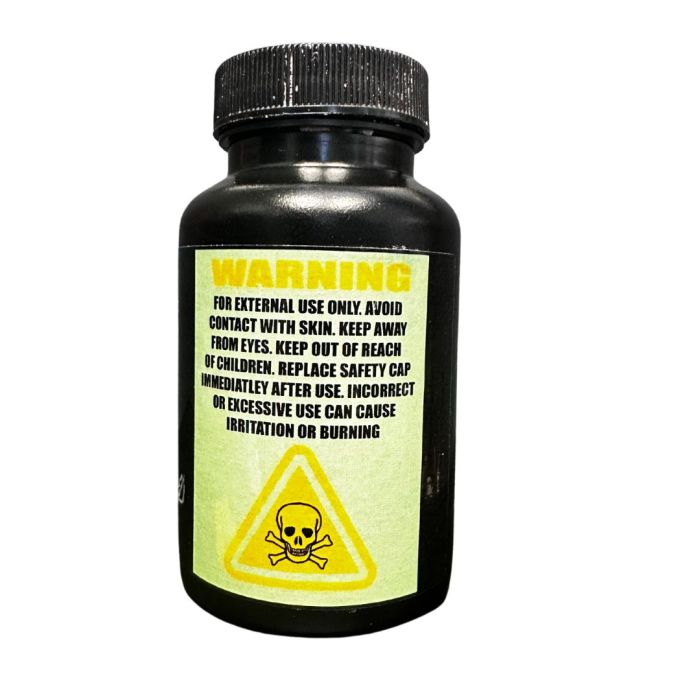Hindsight is 20/20. Thinking back to circa 2010, there are so many lessons learned (sleep, drugs, nutrition, training methodologies, to mention a short list of crucial and valuable lessons) I still kick my ass about to this day. I can only shake my head when thinking to myself, "Jesus, you clown. What were you thinking?" Here are my top five of things I wish I knew when I started but in some weird meathead way I'm glad I didn't.
1. Nutrition
This one seems to have come into play more and more often as I became elite. Nutrition's only guidelines early on were to get bigger, at all costs, which in retrospect was a terrible idea. I'd gain five pounds, and my bench would go up. I'd gain five more pounds, and again my bench would increase. At that time it was a no-brainer: get bigger, get stronger. Pizza rolls, ice cream, mixed with some steak and potatoes and I was set in my ways of getting a more significant total. I competed at 308 in my first meet, and if I'm not mistaken my third meet about 16 months later, I weighed in at 392 pounds. That was for Mark Bell's Backyard Meet of the Century. I squatted 1026 in training, albeit high (couldn't have told me that then). I wanted the all-time world record squat, which was right there at that time. I can't remember the exact number, but I was gassed up by my team and went with that attitude.I had competed in only two meets previously — ones for which I just had to drive and stay in a hotel the night before. This meet included a four-hour flight, renting a car, etc. To save a whole lot of chatter, in short, this is what happened. I was redlining off the pre-meet supplements (I'll dive deeper into that later), I was ill-prepared food and water-wise, and had never flown more than an hour before. None of those crossed my mind at the time. I had blinders on I was going to break the all-time world record by all means. Arriving in California I was cramping and feeling like shit, my piss was reminiscent of apple juice, and my bowel movements were as black as my soul. As alarming as these signs are, I ate more shitty food and sipped on Pedialyte cause, you know, everyone does. The day of the meet I only ended up getting my squat opener, a measly 881, and ended up totaling 2143.
My body was shutting down, and I was dying. I had slowly poisoned myself over a 12-week period and expected myself to perform optimally. What a fucking joke. Sadly, this experience wasn't enough for me to pump the breaks slow down and reassess. Nope, I went on like this for a while after until it hit me that I wasn't going to get better or even be able to compete at this rate. It wasn't until I started breaking away from the people I was training with and started doing some thinking on my own (scary, right?) that I realized, whether I wanted to admit it or not, that I was in bad shape. I made a short list of things I needed to do to get better.

Get diet in check and lose some weight.
Squatting a grand with a book-bag full of shit in it doesn't make me stronger. It's detrimental actually. When a body weight squat is some people’s max (400 pounds), you already have gravity fighting against you.
Fix my deadlift.
This (pulling) was easier than I once imagined. The healthier and "leaner" I got, the easier my pull became. Losing 20 pounds seemed to give me 20 pounds in grip strength; it was a form issue all along. Being able to get into the bar more was the missing link. Going from 400 pounds to 365 pounds, my deadlift went from 675 to around 765.
Use my fucking brain.
In football I was a thinking man: find the bubble, take advantage to look for tells, etc. It made me the player I was, so why wouldn't I apply the same logic to my new sport? I need to program and stay the course once I set a plan. I'll touch more on this later as well.
As I put these into play, I competed at 323 in Kentucky and ended up adding 57 pounds to my total via a 2200-pound finish. Now let's look at a side-by-side: 13 months, 69 pounds less in bodyweight, and added 57 pounds to my total with a subpar bench due to injury. I used fewer drugs, fewer calories, and did more volume. I stayed the course with my nutrition and hydration (you can never be hydrated enough), and it paid off in a significant way. This was a major catalyst for me as far as changing the way I take care of myself year-round, not just meet time. You can't pump your body full of shit, ten weeks out change that, show up meet day, chug a couple of bottles of water, and then expect to perform optimally. Well, at least I can't. I wish I didn't waste two and a half years killing myself (but I'm glad I did). Take it from a guy who fucked up that less is more in some cases, and meets can be a long day or they can be sprints. Be ready for it all. Be in shape, and it'll help you, believe me.
2. Drugs
Whew, this is going to be a humdinger.Now let's start with a little clarification. If you get your drug advice off some message board, this will blow your mind. I'll also be the walking dead if you believe all that you've stayed up in your mom's basement reading making you a drug expert. My personality makes it difficult to tread in the grey area in any and every aspect of life. Drugs were no different. I'll always remember hitting my first big squat (865) and later that night taking my first 50 milligrams of Anadrol. I was 30 years old. At that time we squatted heavy every other week, so in two weeks time at 50 milligrams a day I gained about eight pounds. I also took 905 for a ride, which was successful. A look into JP Carroll's mindset: if 50 added 40 pounds to my squat, what will 100 do?
Unbeknown to me at that time, that would become a regular thought process. Over time 100 became 200, and then that jumped to 300, 400, 500, 600. It got to the point that counting orals (dbol, adrol) became pointless. At the peak of that binge I leveled off with a gram a day for a week straight. You bodybuilding.com dweebs are shaking your fist and calling me a lair, but hook me to a lie detector test and bet me your weekly allowance. I'll win 10 times out of 10. A gram of dbol, gram of adrol, two grams of test, gram of tren — that was a solid meet prep protocol for at least the week of the meet. And guess what? I lived, dweebs.
Now I don't recommend this — nor would I ever do that again. I was strong for nine lifts, but outside of that, I was a mess. The flipside to that coin is, as above in the chart the bodyweight comparison, I used WAY less and removed orals entirely. My 2200-pound total while injured was the healthiest meet I ever competed in. Those high levels didn't do much but kill me, kill my energy, mood, appetite and everything else. Top that all off with a hefty bill. I guess you've gotta pay to play.
To be entirely honest, I had no idea what I was doing. I listened to people and didn't listen. I just went all in, as I do with most things. This isn't terrible as long as you learn from it. I feel too many people are afraid to push the envelope. I mean, how do you know too far is too far unless you take it there? That seems to be the way of the world — instant gratification, no one is willing to work and fuck up just to see what and how capable they are. You can read hours upon hours, but those are all other people’s experiences. This (powerlifting) is a marathon, and you have to tune and tune, knowing you'll never have this down to a perfect science. It's unfortunate that I fucked myself up over and over, but I'm glad that I did.
3. Heavy Singles
This one should be labeled "ego-driven bullshit." I'd be a big fat(ish) liar if I didn't say hitting a heavy single every week wasn't a wild ride, for a while at least. As exhausting as it was, it was fun as fuck. Saturdays and Sundays were filled with a group of world-class lifters; barbell central became an arena for the best shit-talkers and lifters whose only motivation is to push the envelope and get stronger. The upside is that it's hard to have an off day when so many top-level guys are going at it. The downside is that it’s hard to stick to the plan when everyone is puffing their chest and showing out.I remember a string of weeks, going (with squats) 770, 865, 905, 965, 1016, only to get 881 at my meet. Hell of stroke to the ego, but a significant setback for my total. I had a ton of people thinking I was a badass, but in reality, I was running in place. That's going on a decade ago, and I've yet to repeat that string of numbers. I'm getting closer every meet, but I do believe the only reason I'm getting close to that 1000-pound squat again is from learning from all the mistakes I made in the "beginning."
I'm finding myself at a point now that I'm thinking about the next year or the next two years, not the next socially posted video. That's where my mind needs to be. Attacking weights like an unchained dog has its place, but it needs to be a subtle mix of starving pit bull and a Shaolin monk. I'm a meathead, trust me, but there is no reason to not use your brain in this. Being real with you as a reader and also with myself, this is much easier said than done. I still want to get my numbers up to the point of even wanting to revert back to the good old mantra of up-the-dose, lift the most, smashing out heavy singles and competing. But luckily I've learned that that doesn't work very well for long.
4. Accessory Work
If I were to number these according to importance with one being most and five being least, this would rank top two. When I started, I was getting the good old newbie gains so why the fuck would I waste hours doing "gay-ass bodybuilding movements?" This was a major mistake made by ignorance and stubbornness. Following ignorance closely was just laziness (I have to keep it all the way real in these or what's the point?). I wasn't a gym rat, I wasn't a bodybuilder, and it showed that I damn sure didn't care about how I looked. As long as that bar had more weight on each week, I could have given a fuck less. I'd work up to a heavy single and adios, I was out. That is a foolproof plan to plateau. Only after a couple meets did I realize I needed to get bigger (muscle wise). I was maxed out strength wise at my size and it was time to chase the pump.Someone once told me a bigger muscle is a stronger muscle. Now, I'm no scientist, but it made sense, and I was on my way to adding an extra hour or two and even a day to my training just for the purpose of
accessories. One year into pounding away at the proverbial rock of accessory work, I had chiseled out a pretty good routine, and I saw significant improvements with my body. During this period I learned about work capacity and the importance of volume. So much work has to be done to be able to compete and perform at the level I wanted to.
There is nothing hardcore about skipping out on accessory work, dogging bodybuilders, and using that as an excuse to dodge the simple fact that we're just too lazy to put in the work. Accessories suck. You’re usually worn out, tired, and of course hungry, even though most "powerlifters" stop by the local bakery before hitting the gym. (Yes, I still hate all of you donuts.) Do the work. Don't be lazy. What's the worst thing that could happen? You look better, feel better, and get stronger? Well, to me that sounds like a no-brainer, at least after fucking up and learning the hard way.
5. Recovery, Sleep, CPAP, and Stress Relief
I've been typing for hours and hours, and if you've ever seen my hands or the way I type you'll understand how over this article I am. I'm hoping to hit a second wind, as I feel thatrecovery may be the least thought-out part of most people's training. I'll try to divide this into three separate parts — the ones I think make all the difference.
Sleep
Sleep is the motherfucking king. If you like to brag about how little you sleep and how you still train and you only need three or four hours a night, you my friend are lost. If I had to choose 10 hours a night of sleep a night or 500 mg of test for the rest of my life training, I'd have to think long and hard. I feel like test without proper sleep is just a waste of time and money anyway. Get to bed early, sleep long, and take naps. Trust me, sleeping is a 100% side-effect-free PED. I used to be a three to four hours a night guy. People always ask how my traps got so big, and the truth is that once I got my CPAP and started sleeping, I grew. So did they.
CPAP
This is the perfect segue into talking about the CPAP. Did it make my traps grow? Not directly, but I started recovering, and I'm sure that played a significant part. As soon as I started getting a real night's sleep, I started training harder and so many other aspects of my life improved. My memory, my critical thinking, and even overall mood changed. I also think it helps with anxiety, but I don't get into that very often. My blood pressure got better. My digestion improved. I mean, the list goes on and on. If you lift, if you're a big dude, or even if you just snore and drive the old lady nuts, do yourself a favor and get a sleep study. You never know, you might save your life.
Stress Relief
Find something outside of the gym that lets you just turn off all the stresses of training. Fire it up, draw, read, work on a car, write — do anything just to get lost and relax. Stress is a nasty thing. It can fuck the body and mind up, which in turn will sabotage training. As of late, if I start getting hot I'll go for a walk or a bike ride. Just getting a little sweat going brings me back. I'm forever learning ways to improve myself and way of life, and these things listed above have been great paths to improvement. I'd stay up late and eat like shit. I'd train hard and depend on supplements as a roll of duct tape to keep me together. I kicked ass and got better, but I've figured out along the way that it's like nitrous: it's great for a quick burst, but powerlifting isn't a quarter mile. In fact, its a long, grueling ultra-marathon of fuckery. I've run myself into the ground several times, but I'm grateful for the journey. I've learned so much from fucking up.
You have to try shit. Go too far, then don't go hard enough. Overeat, then diet. Try maximum amounts of bad shit, then try a cycle with as little as possible. How will you ever know what works for you if you don't go all over the board? Only once you figure out what is too much or what is too little can you really dial things in and find your real potential — and that will put pounds on the total.










